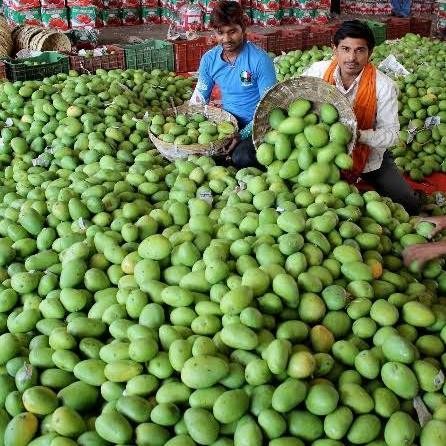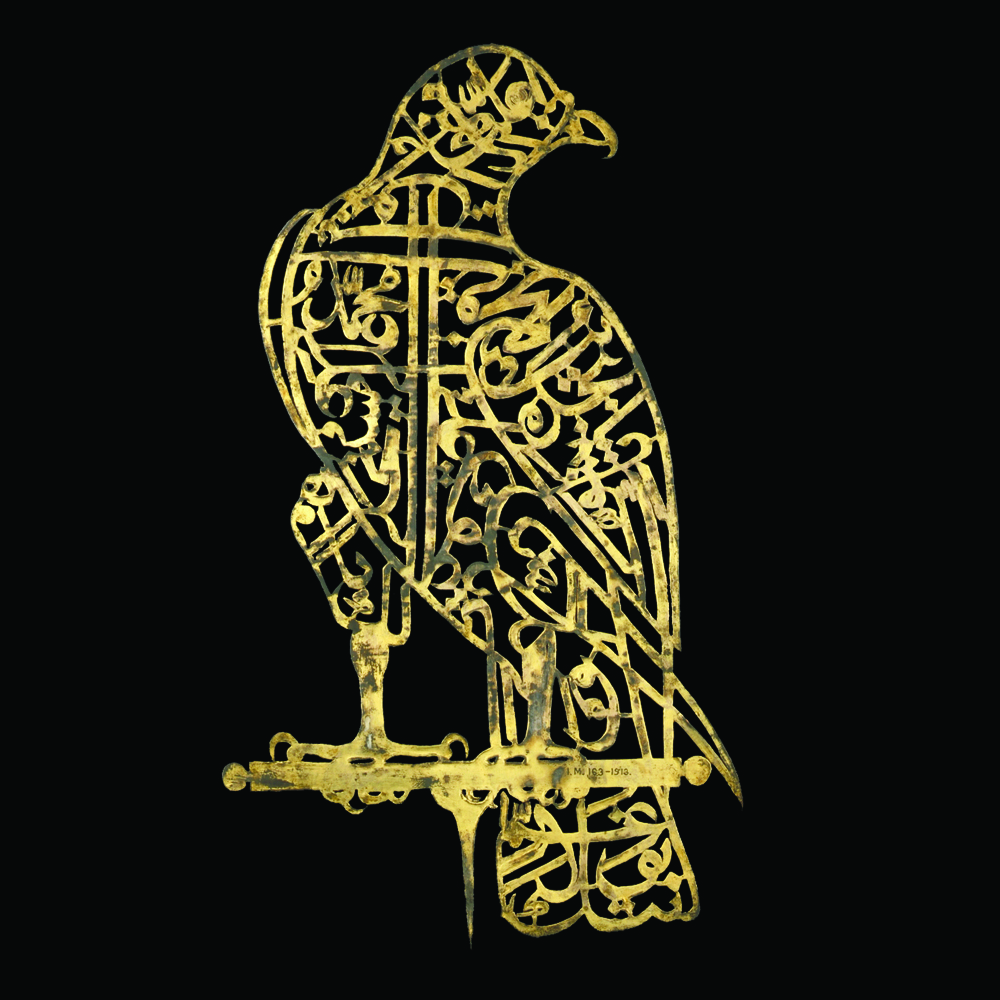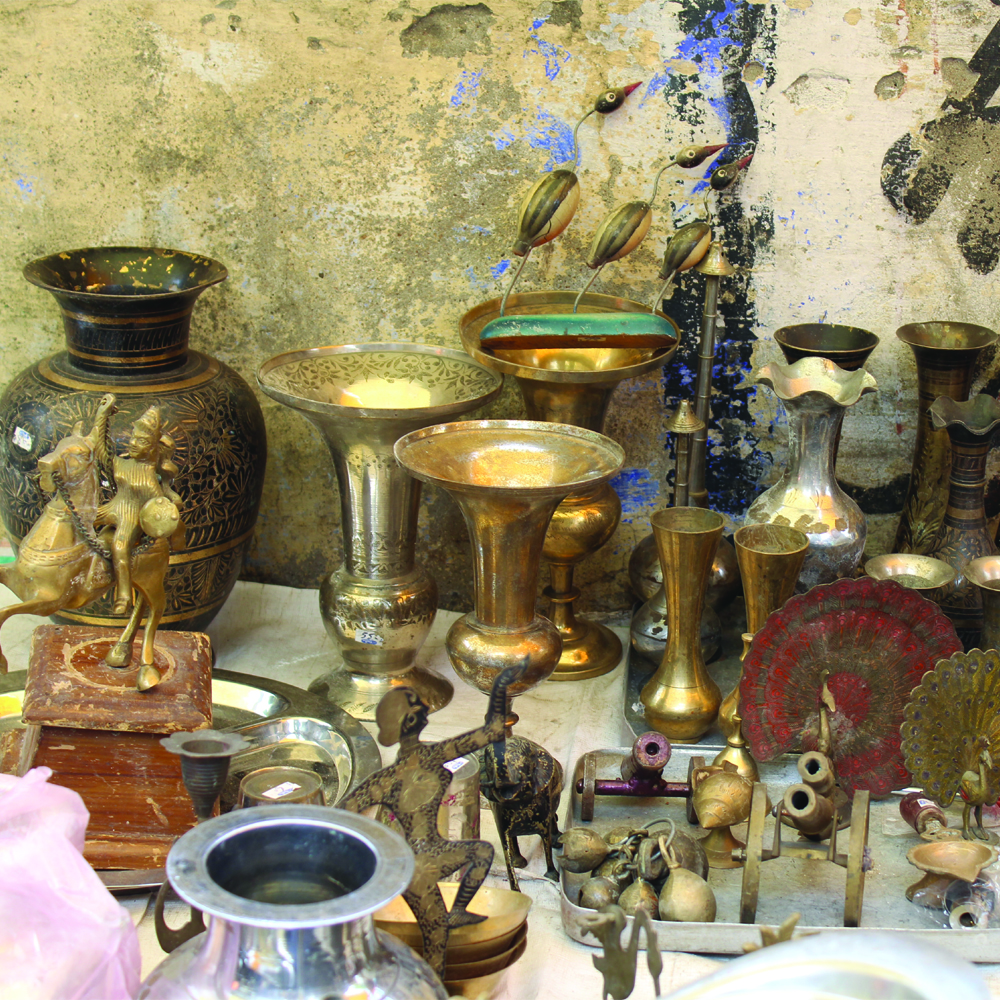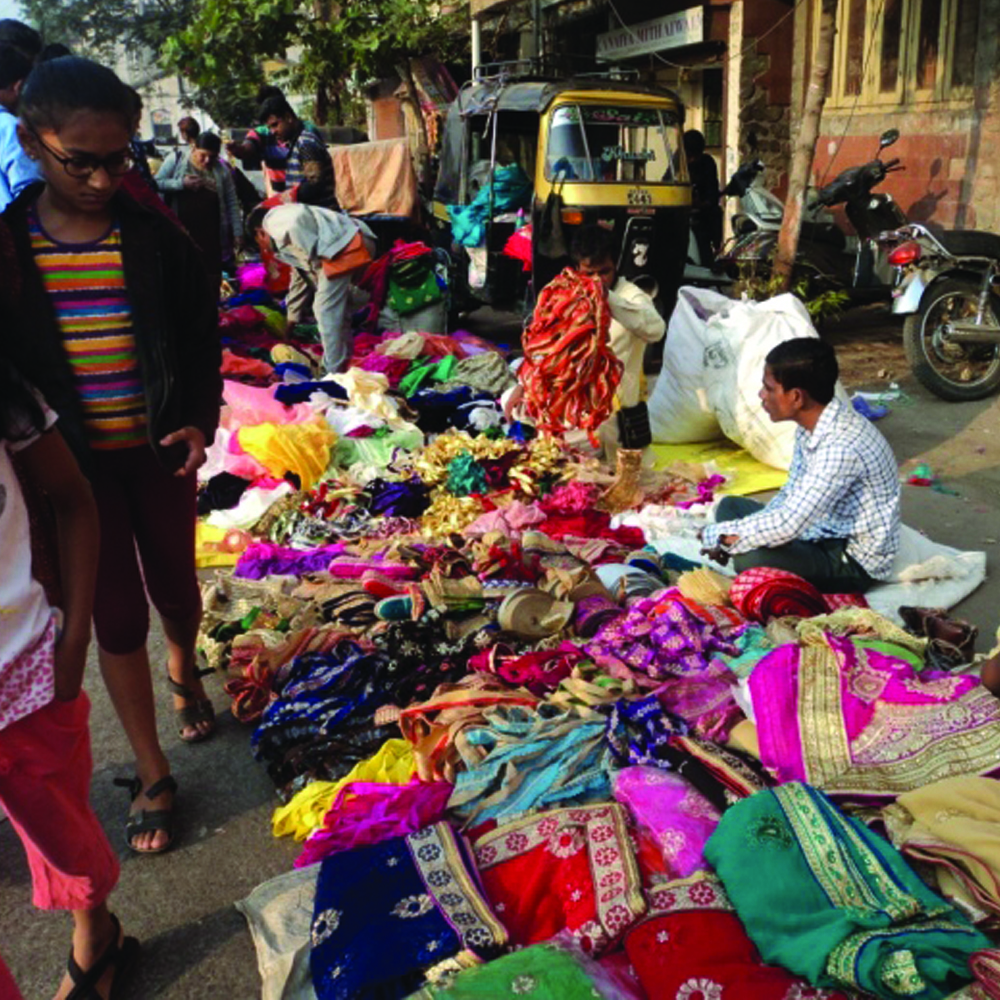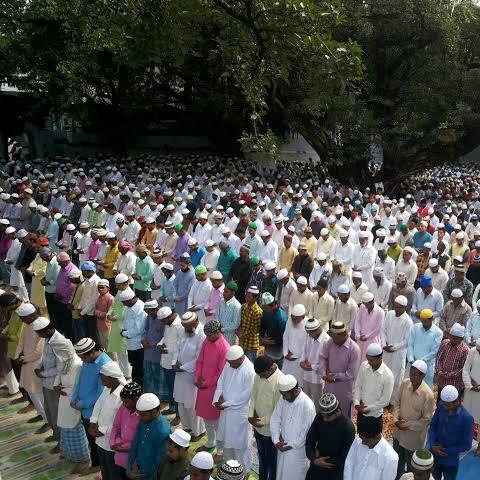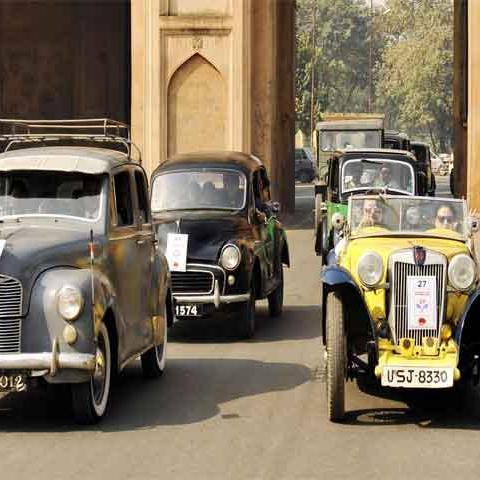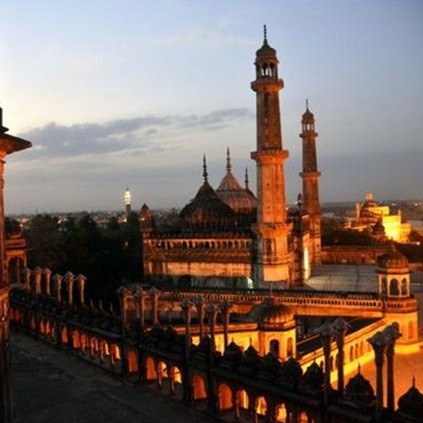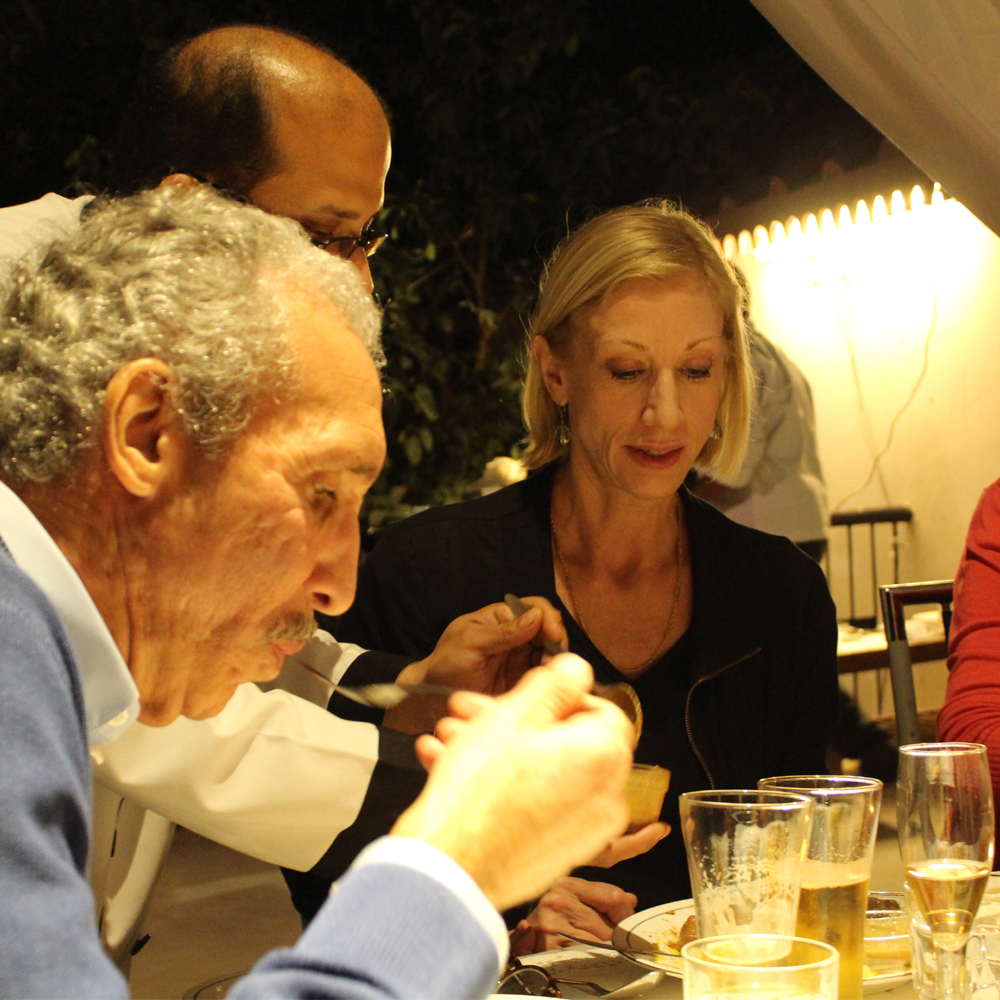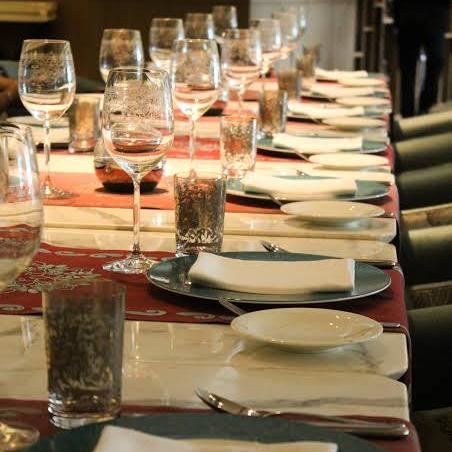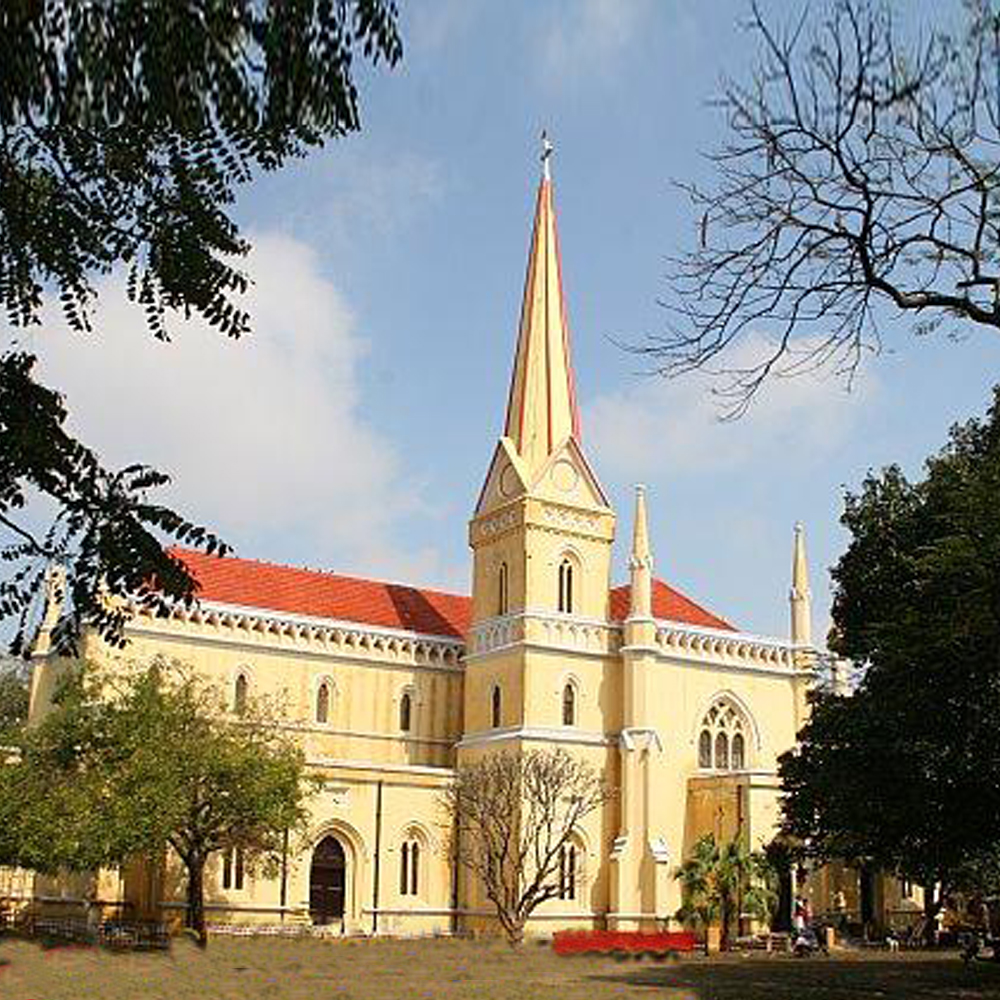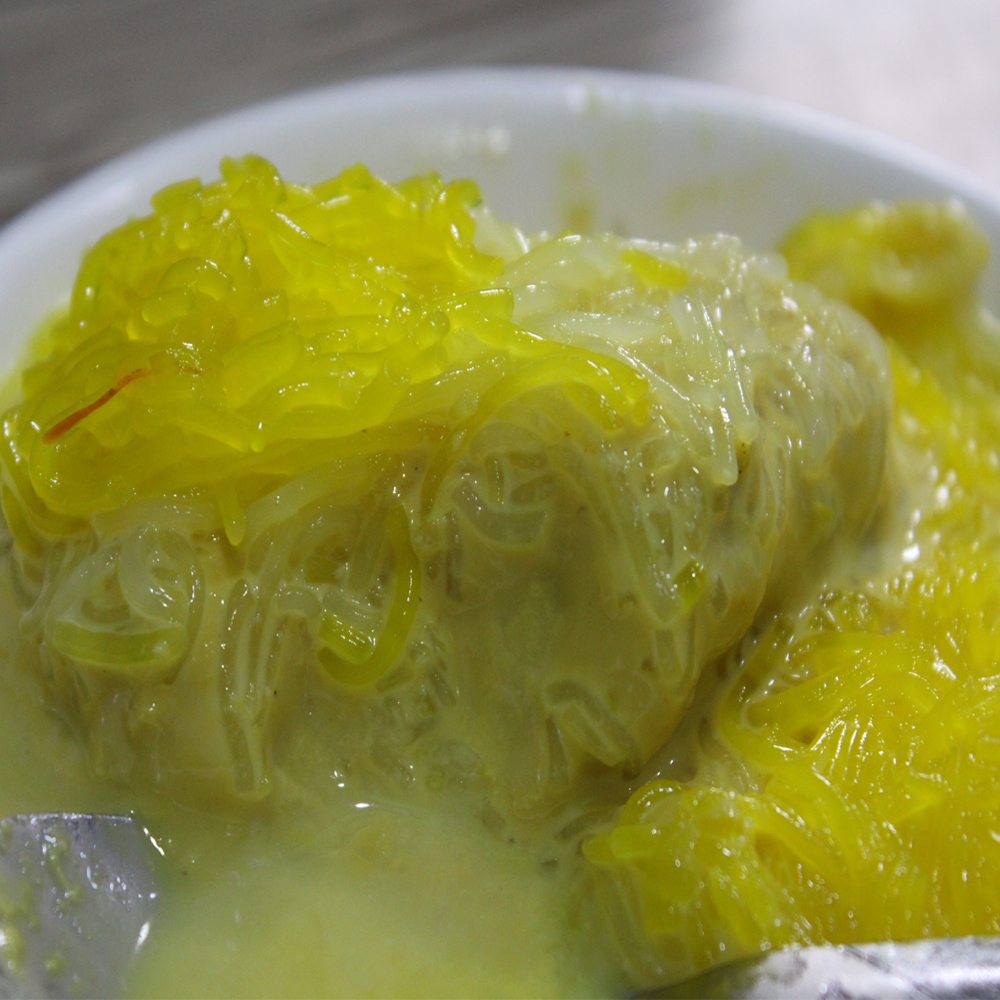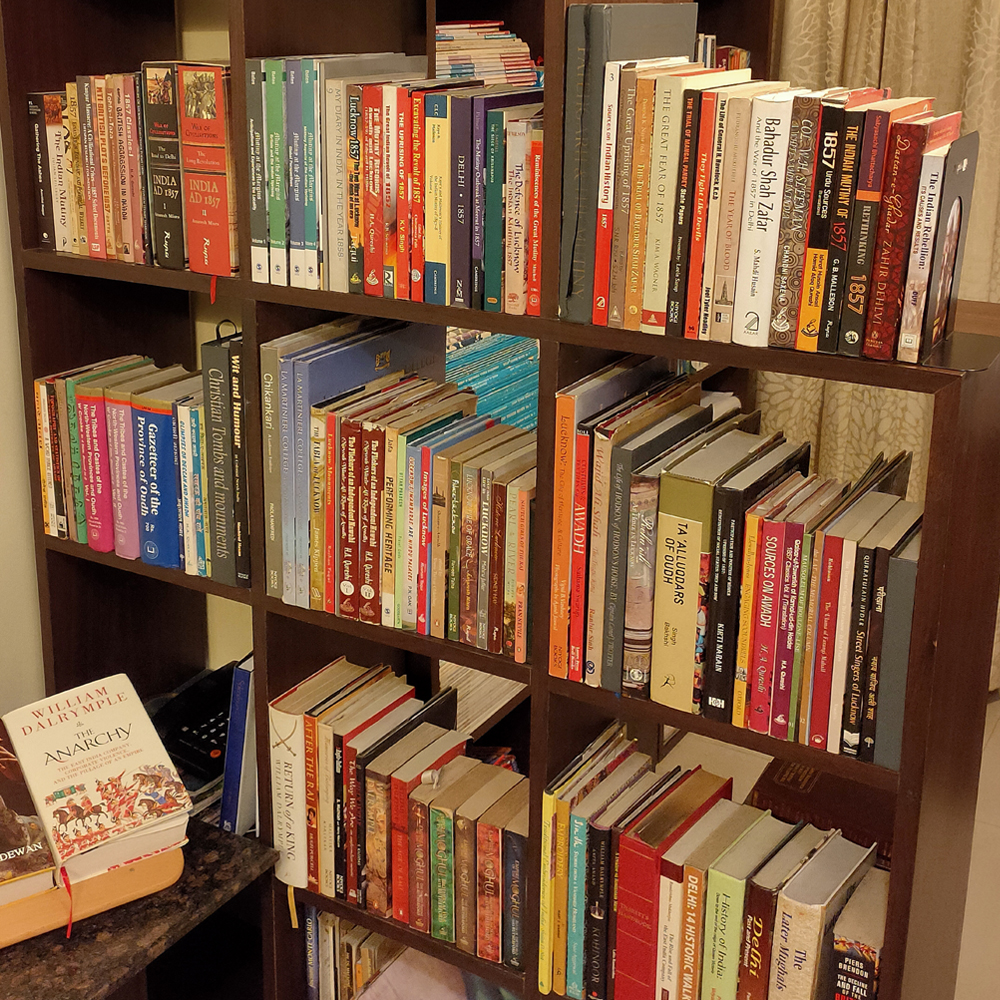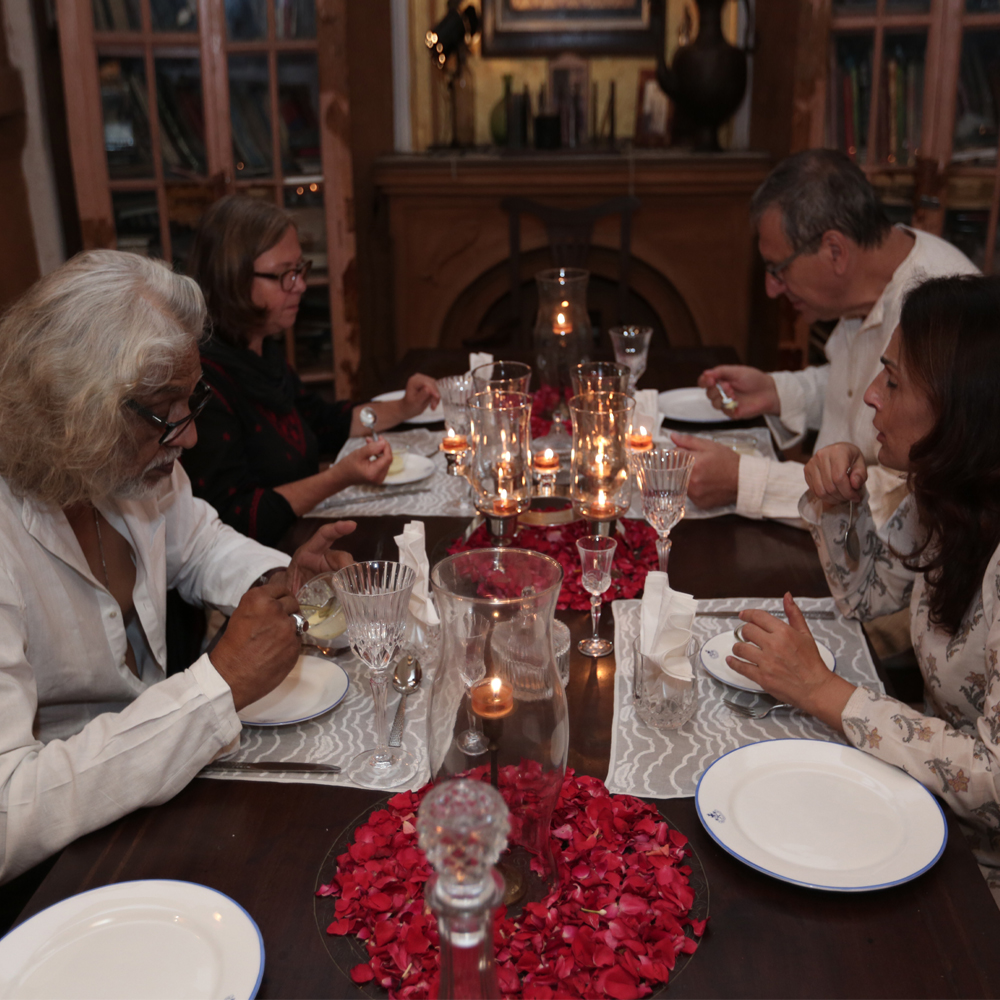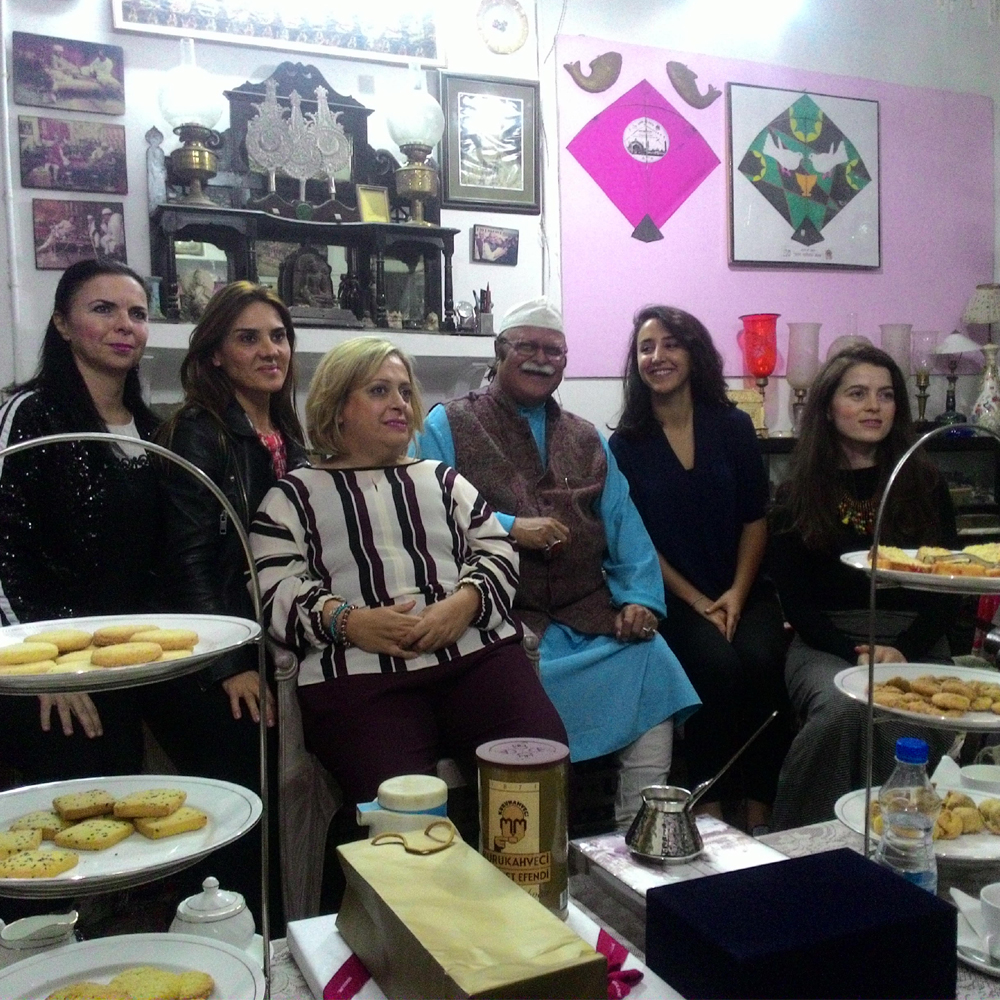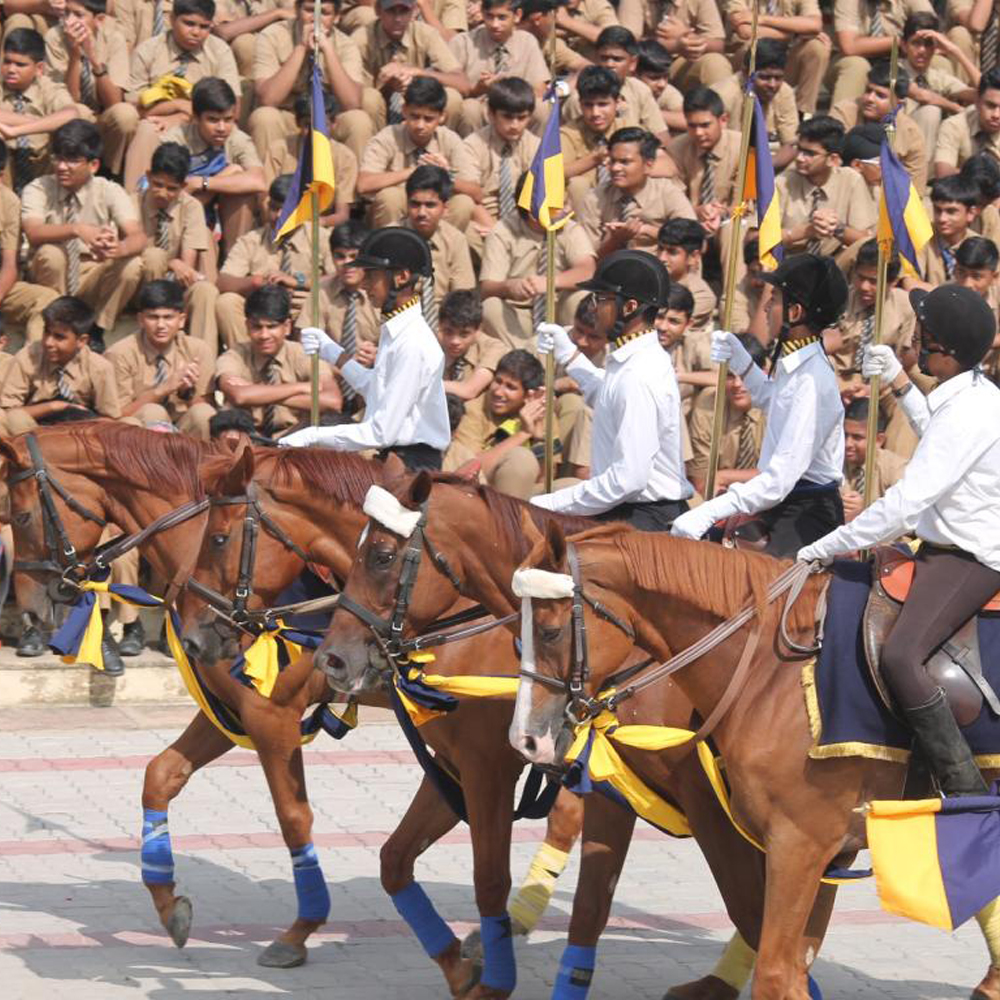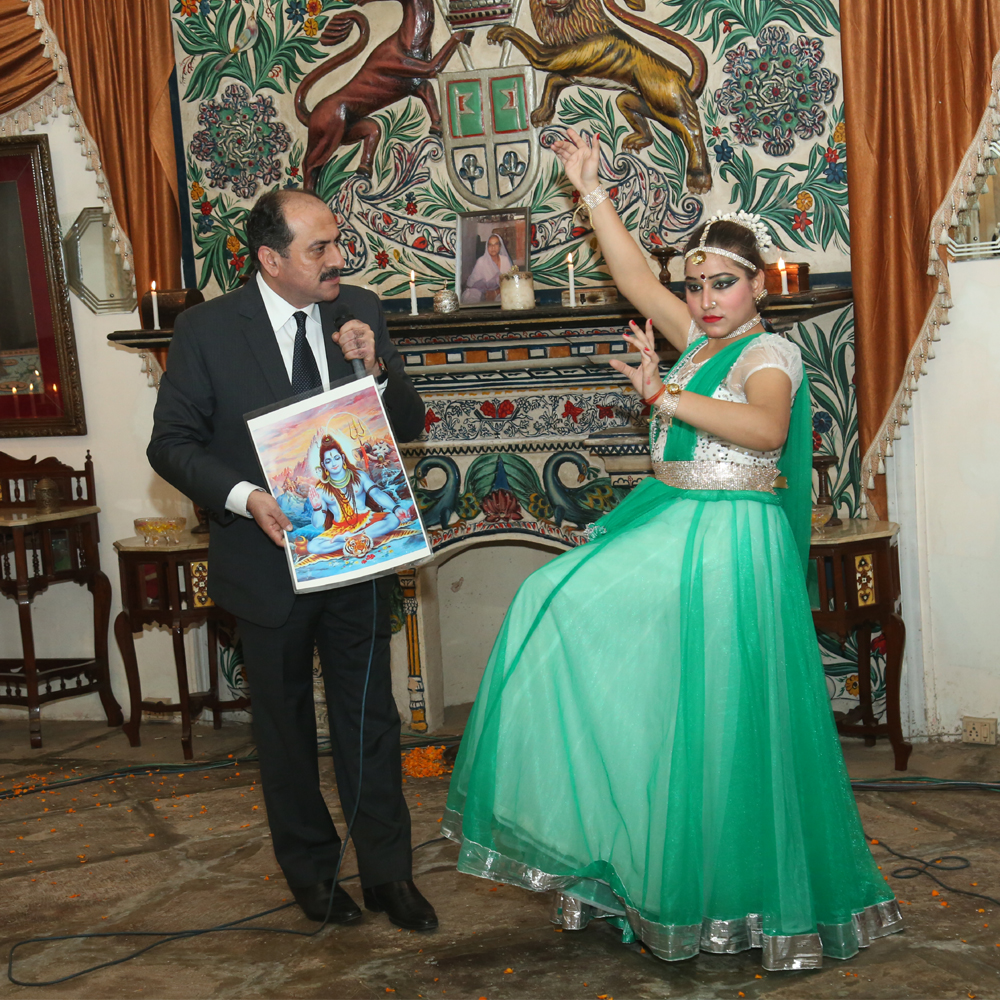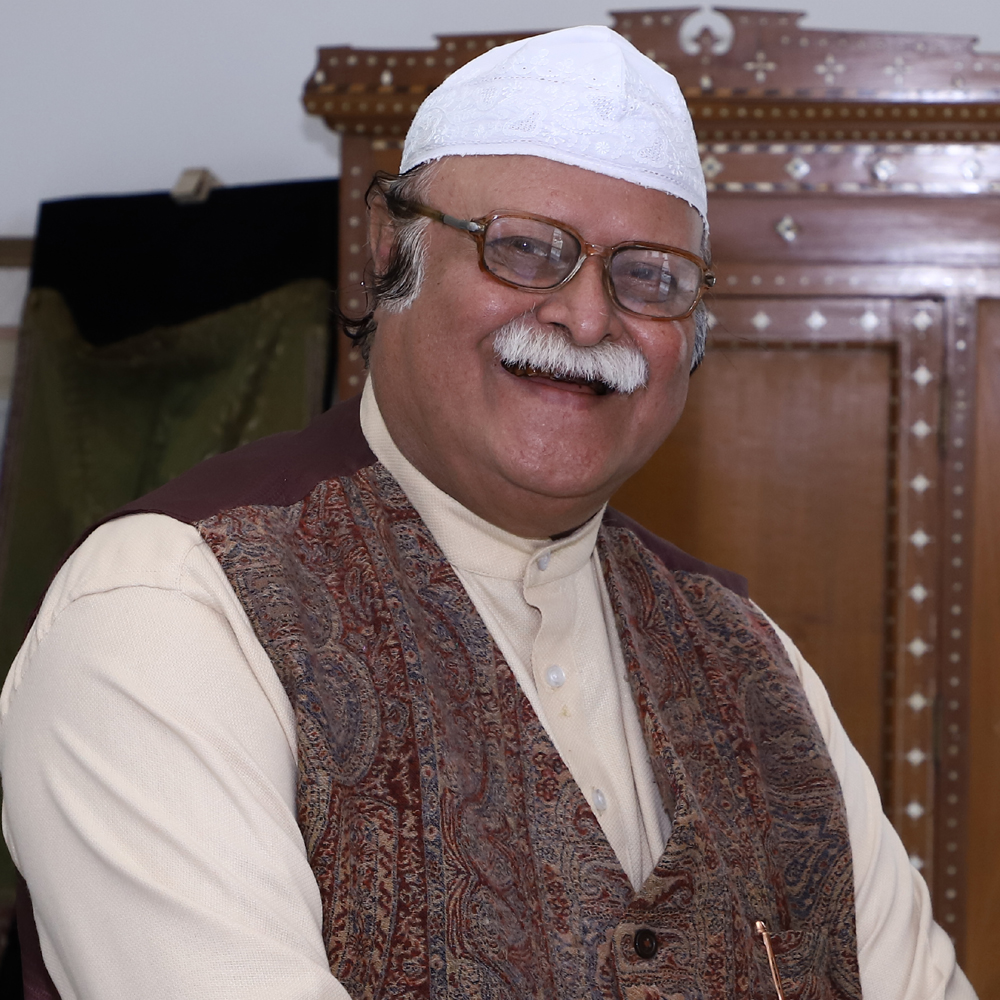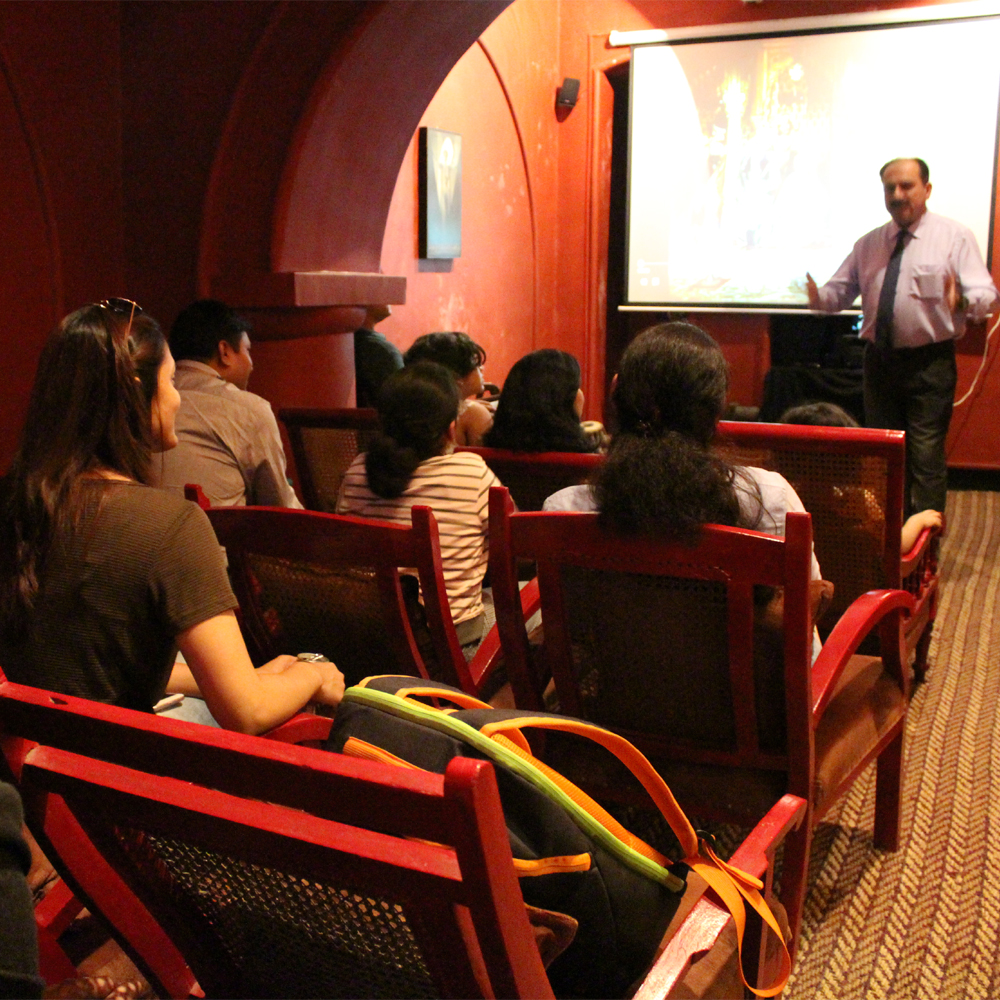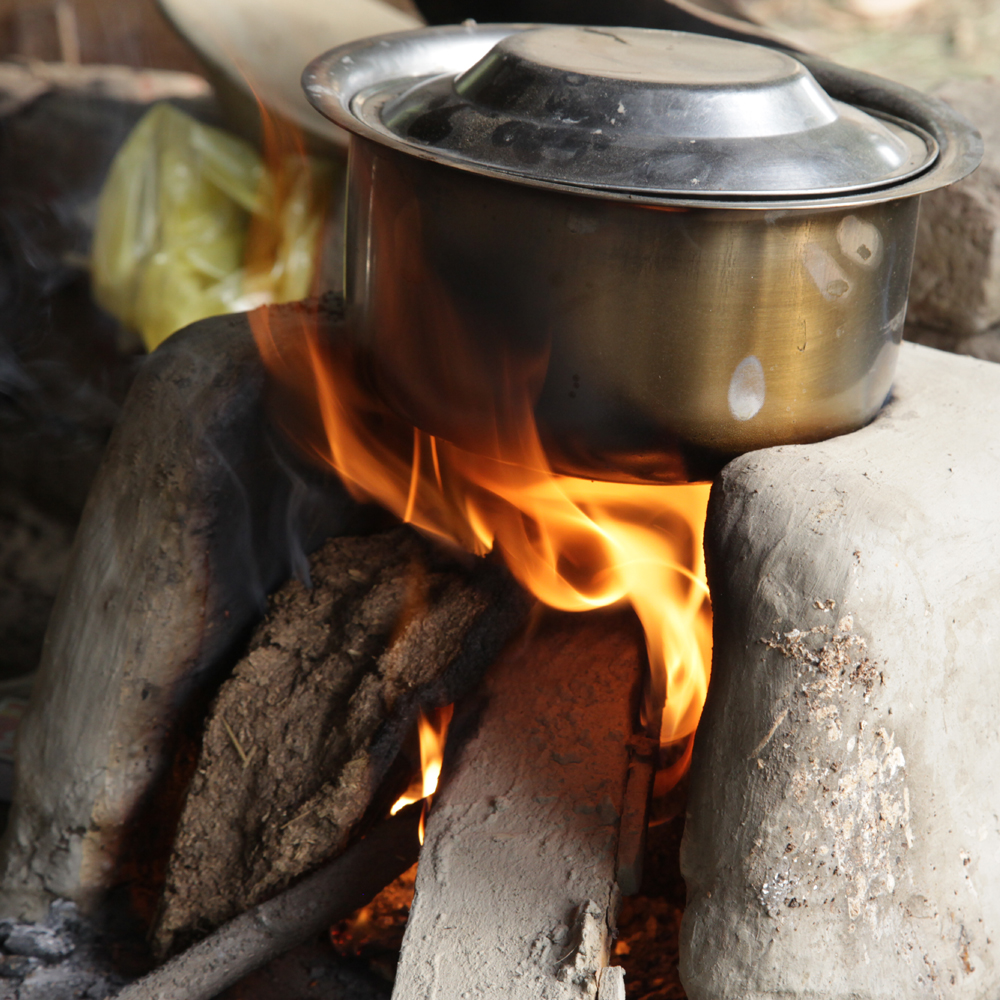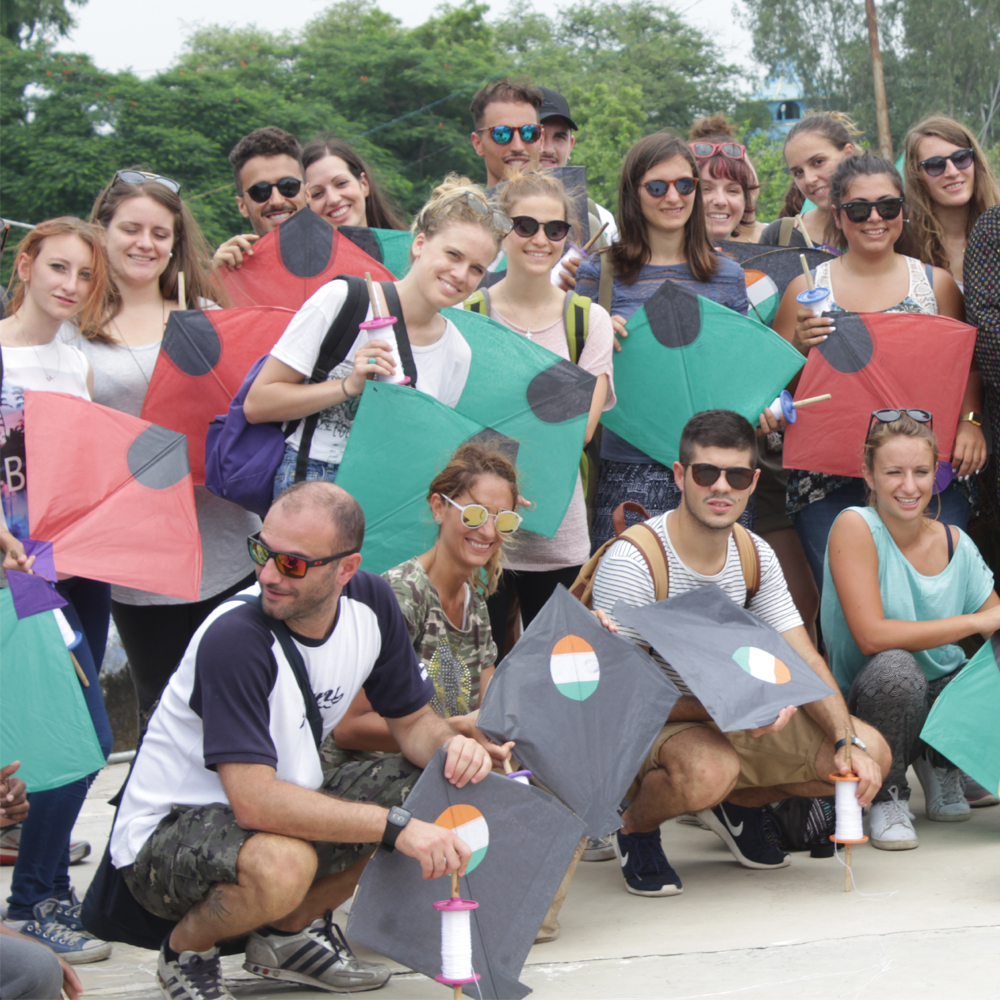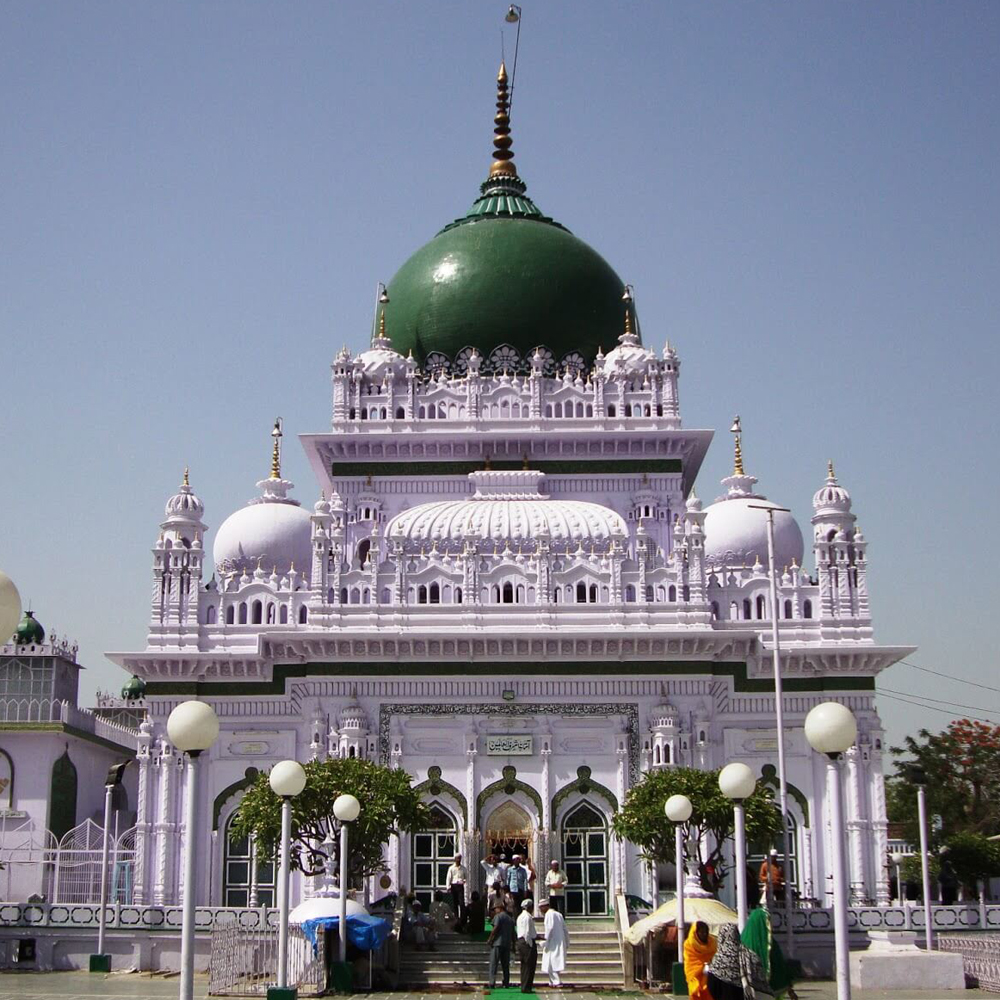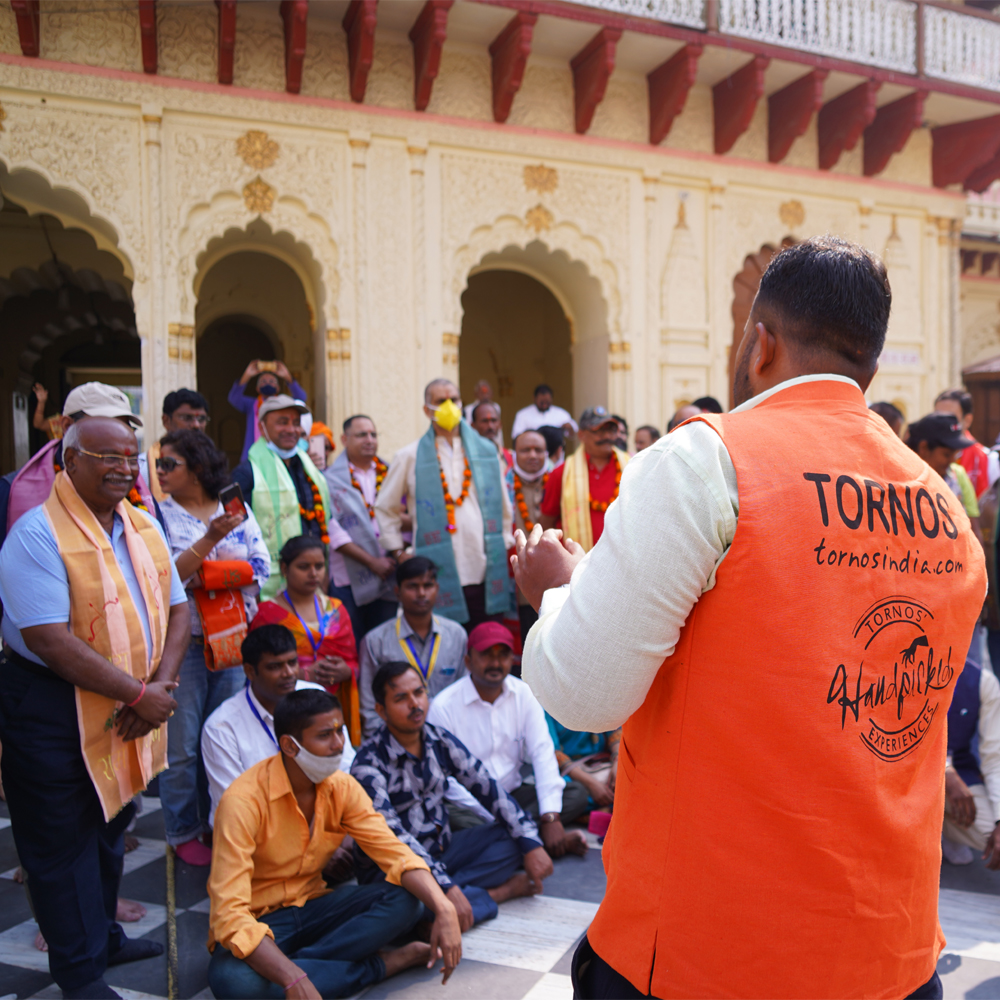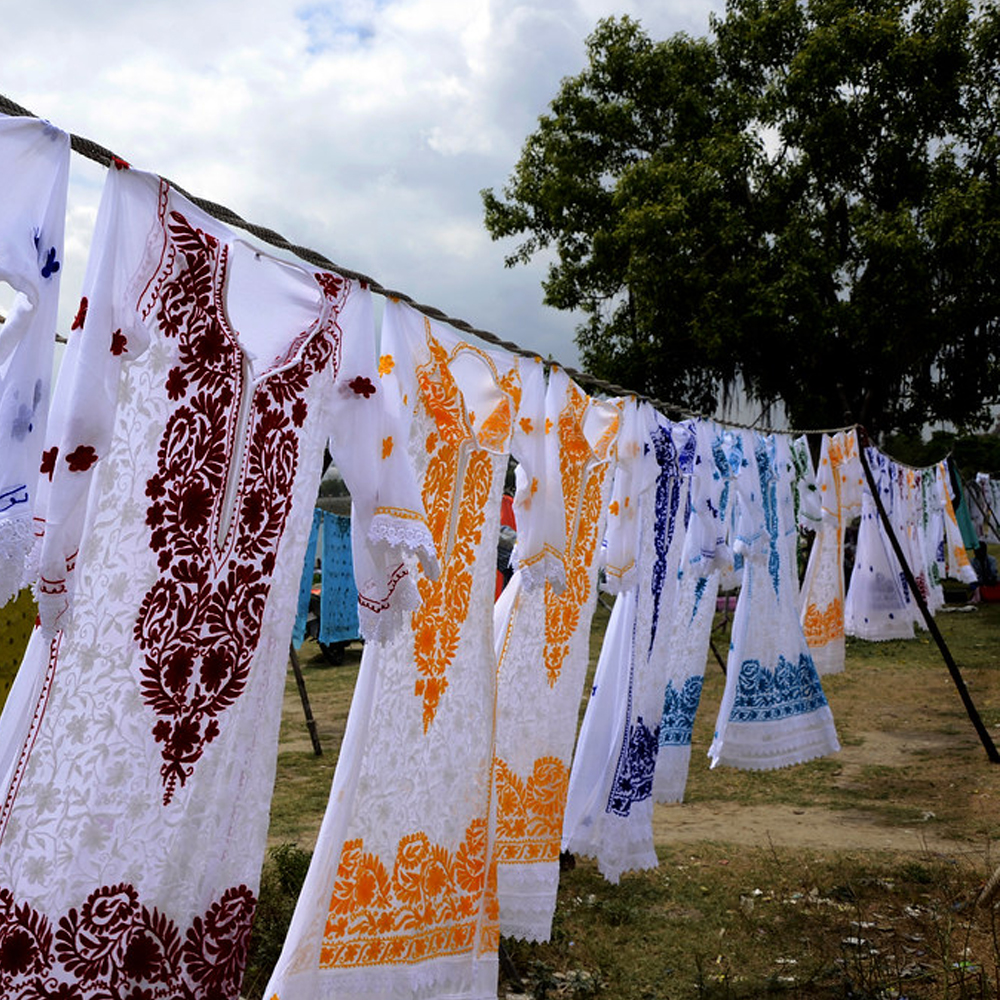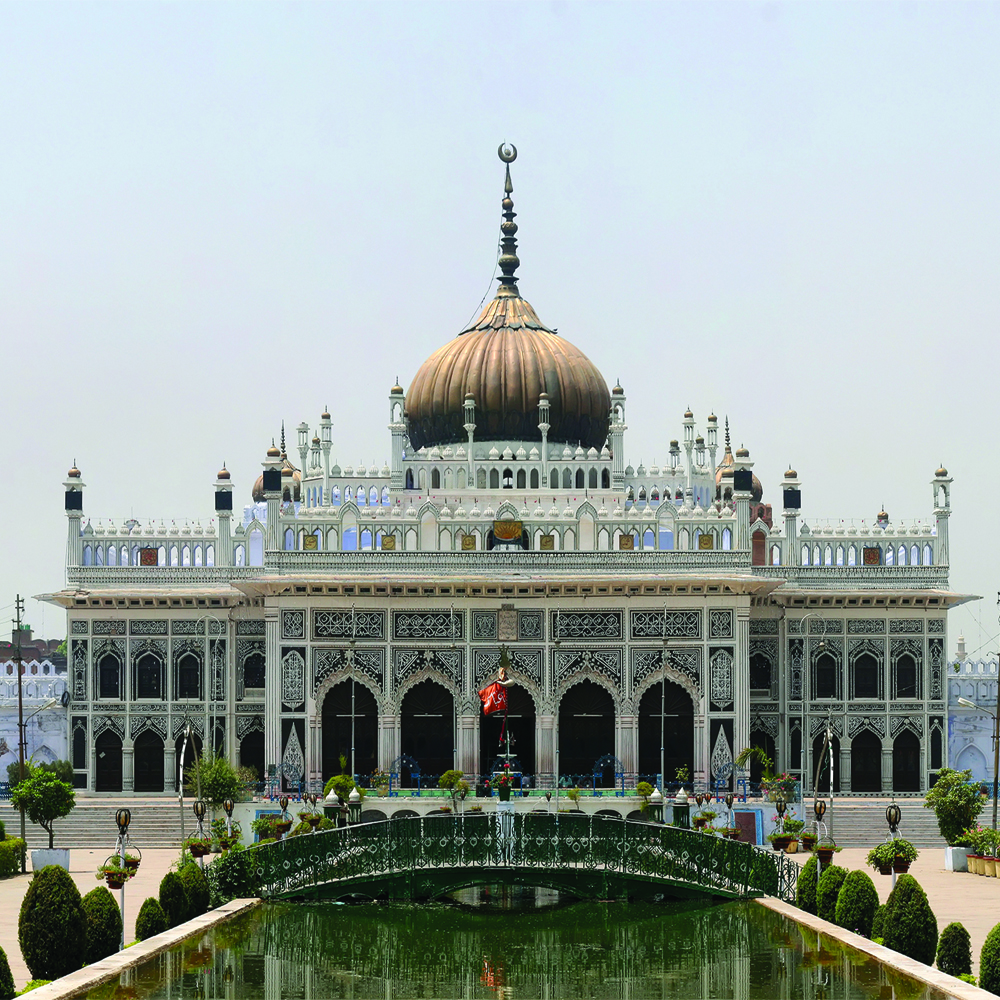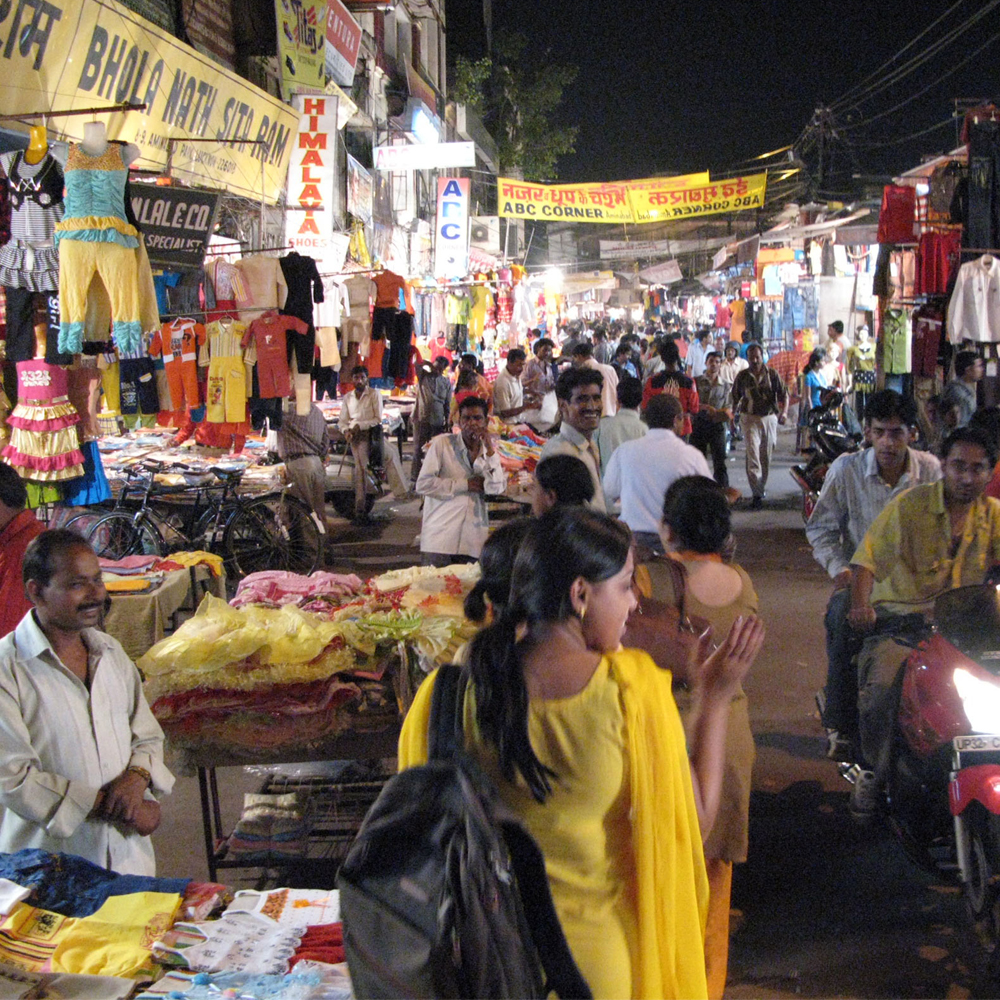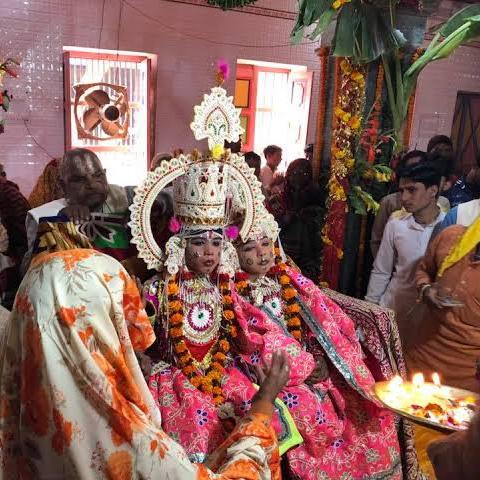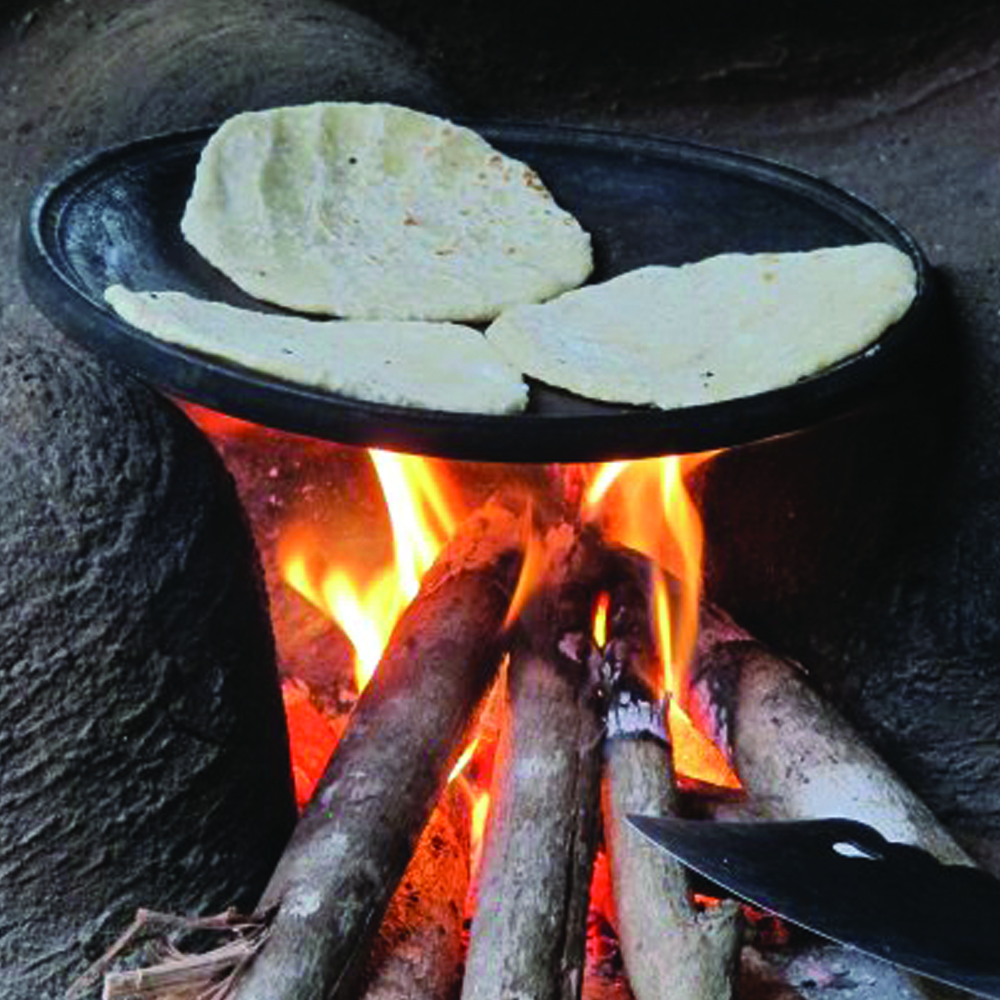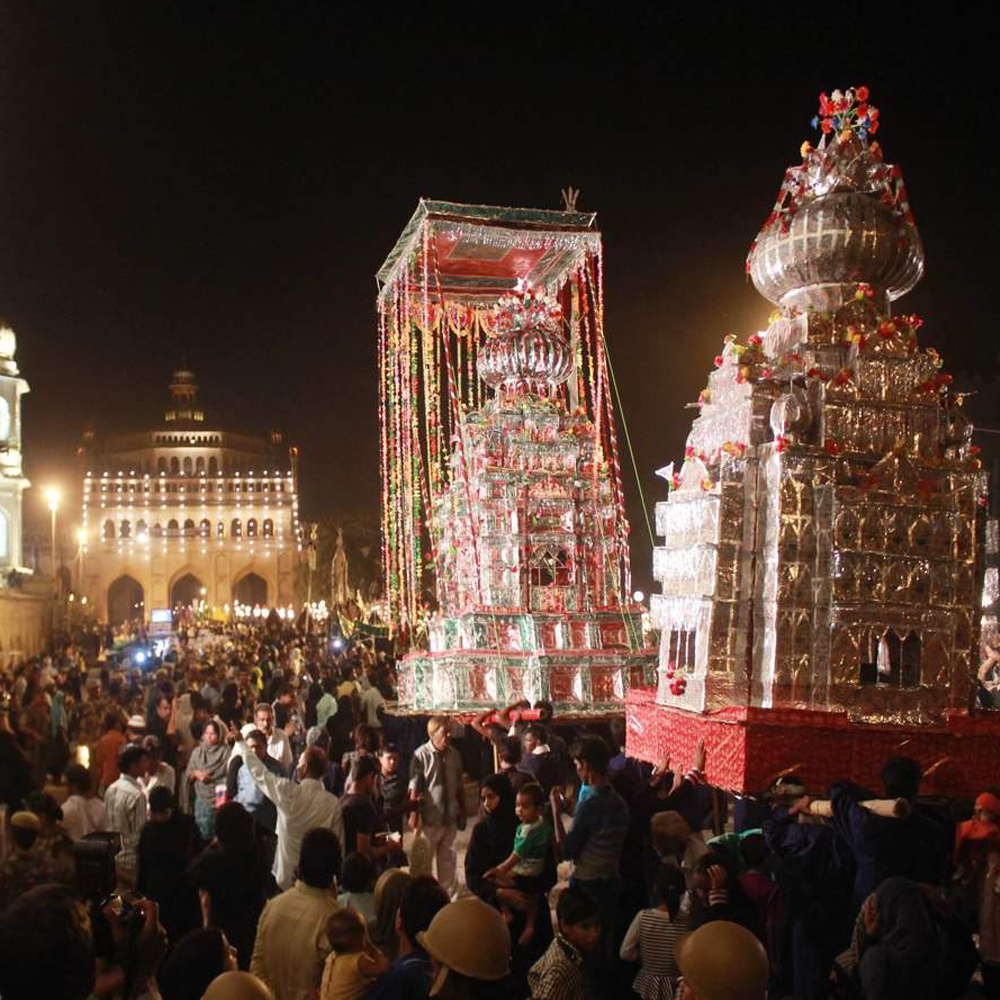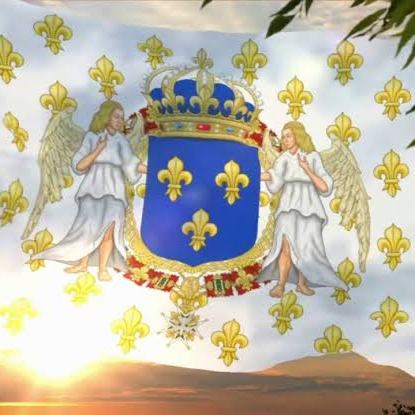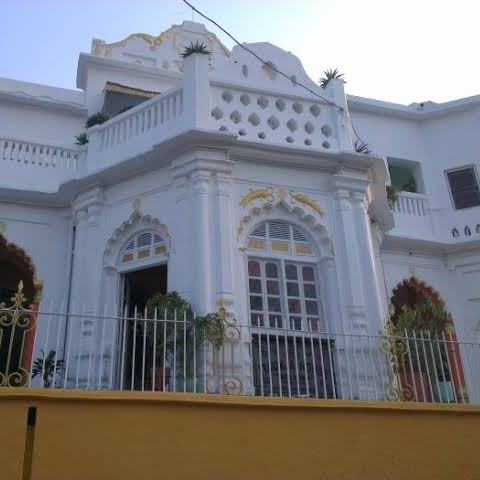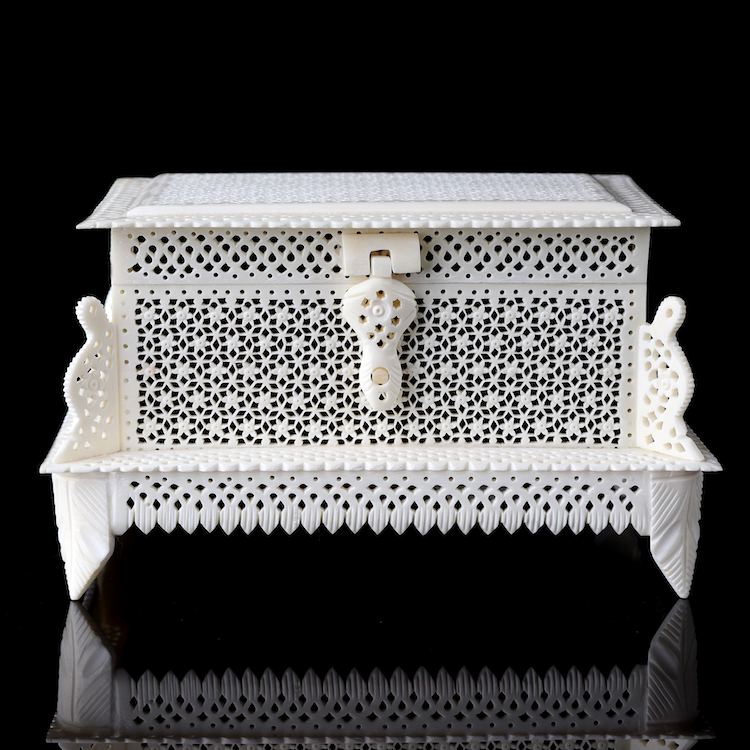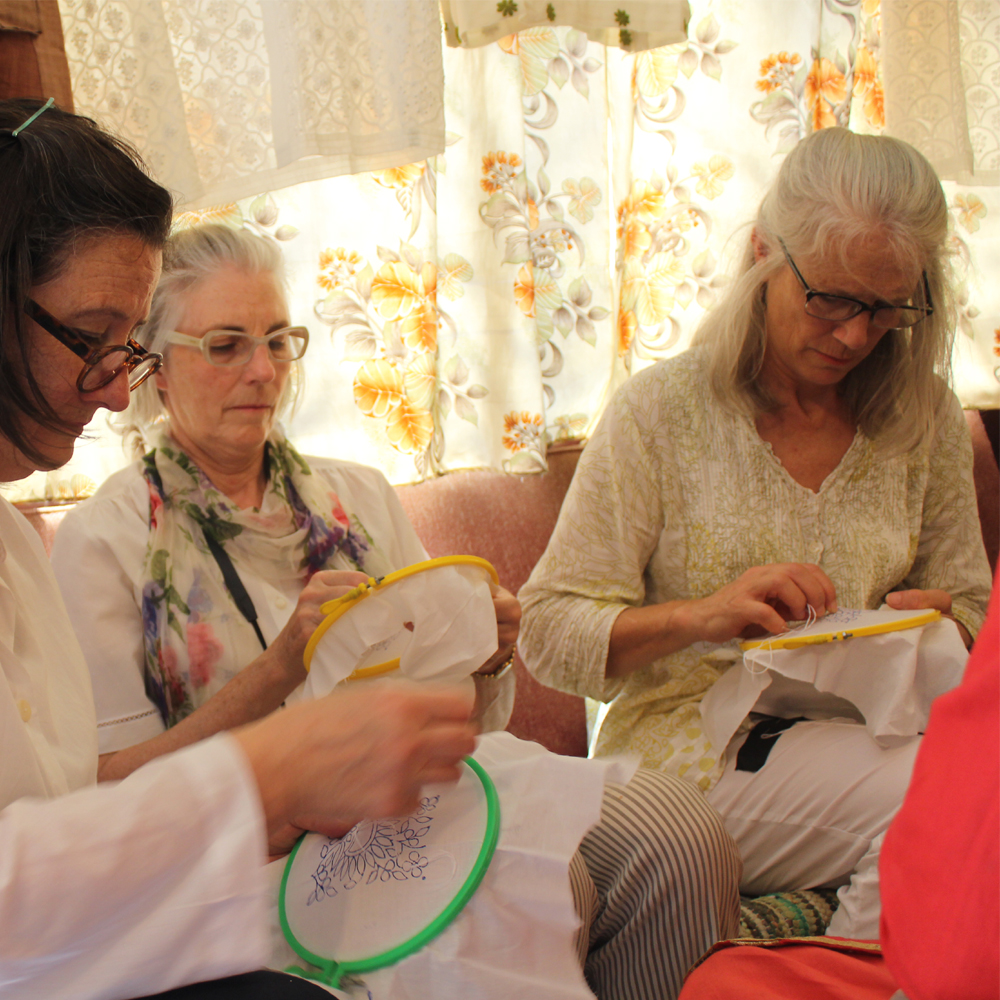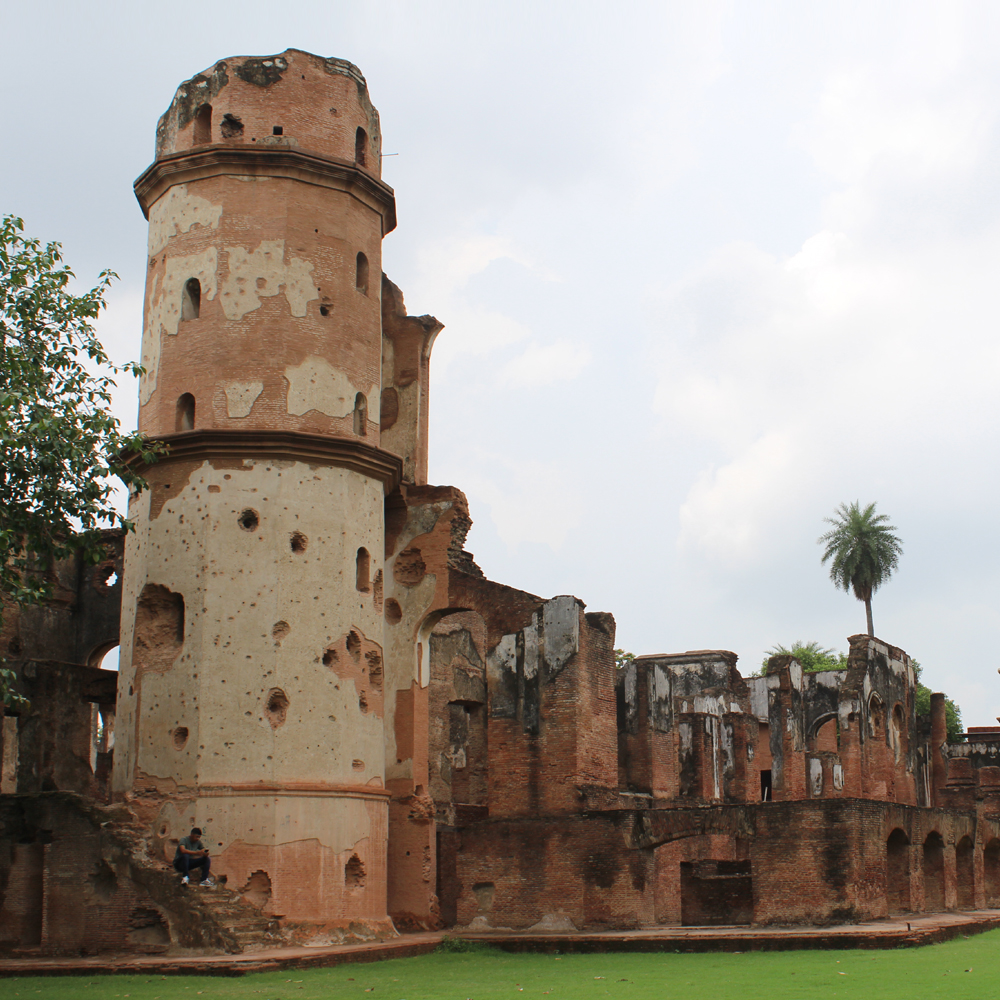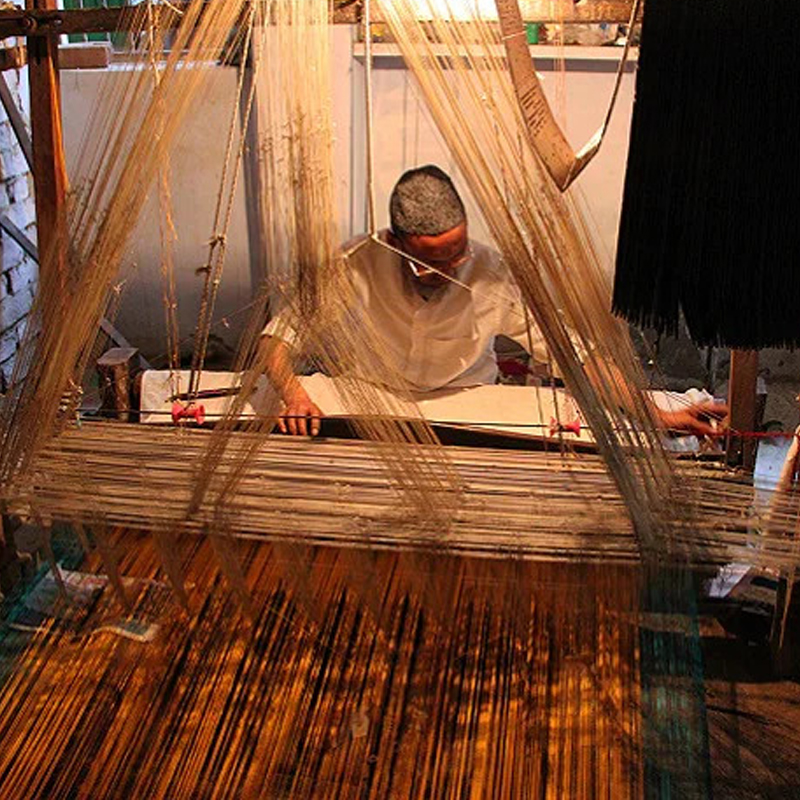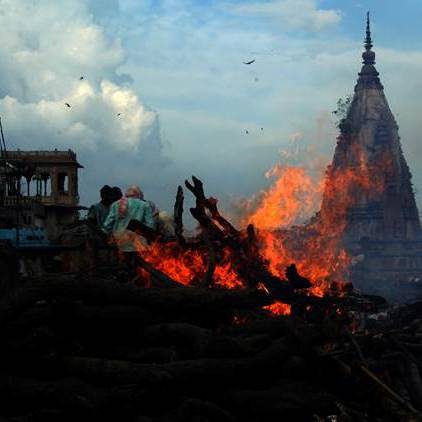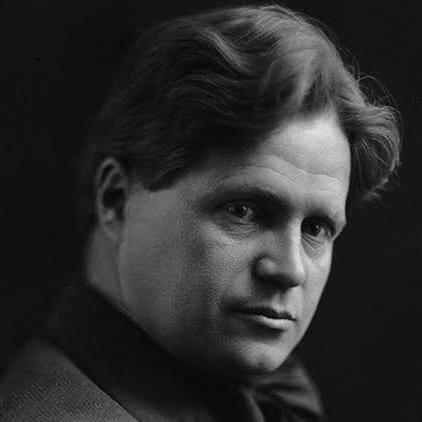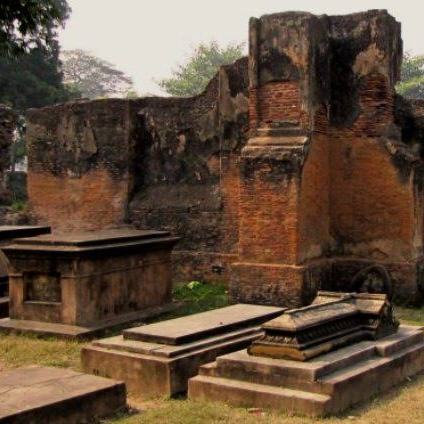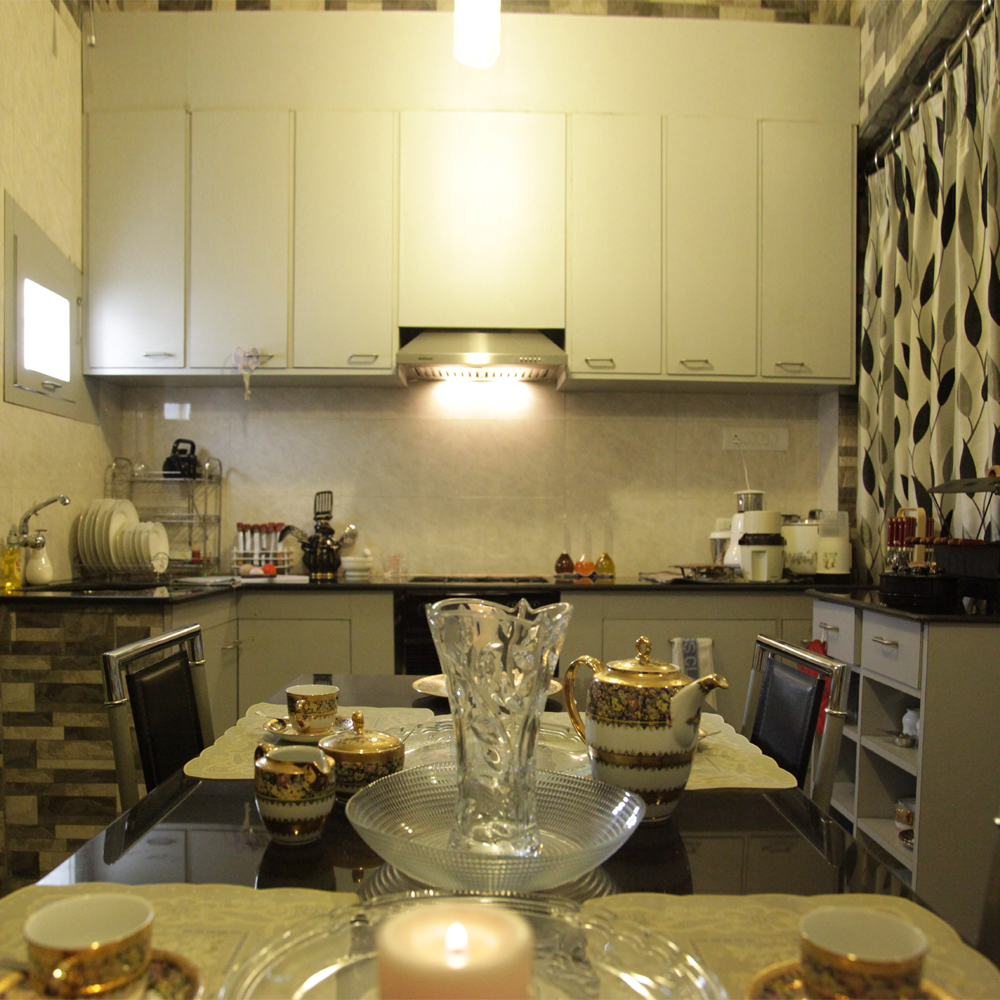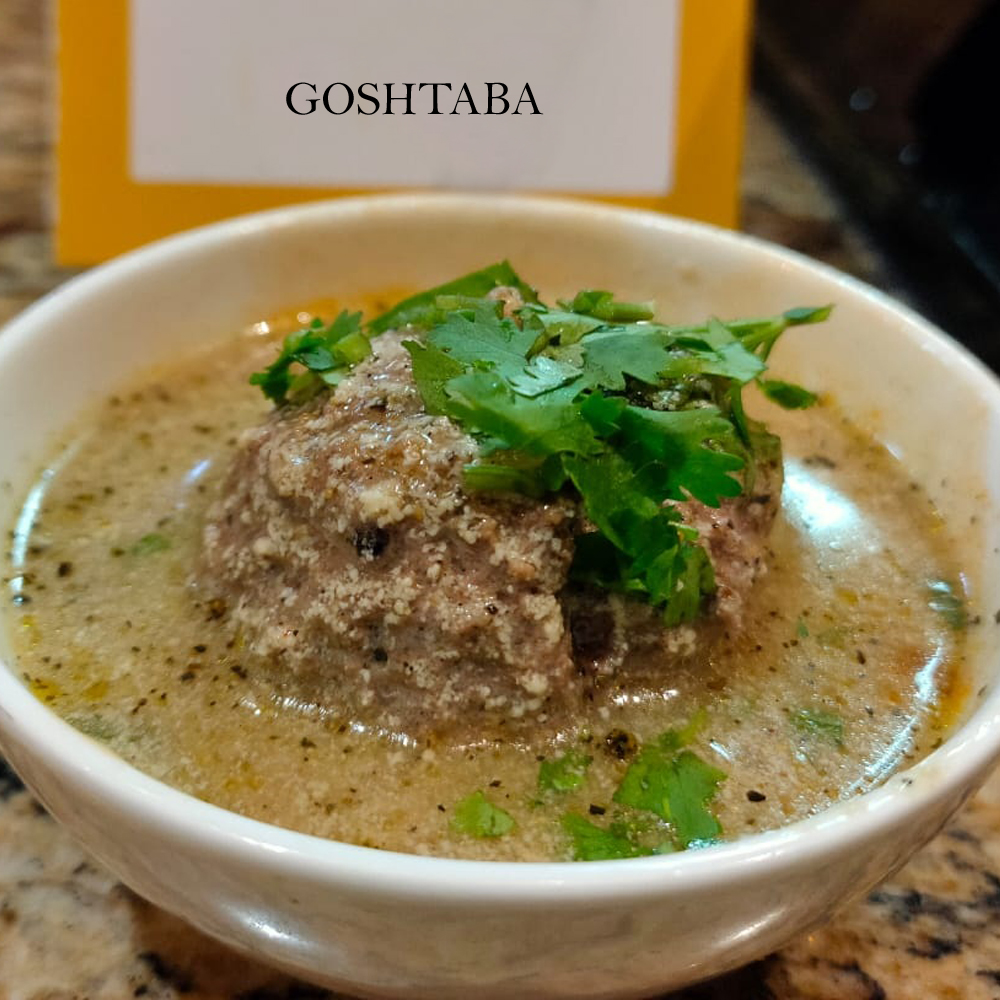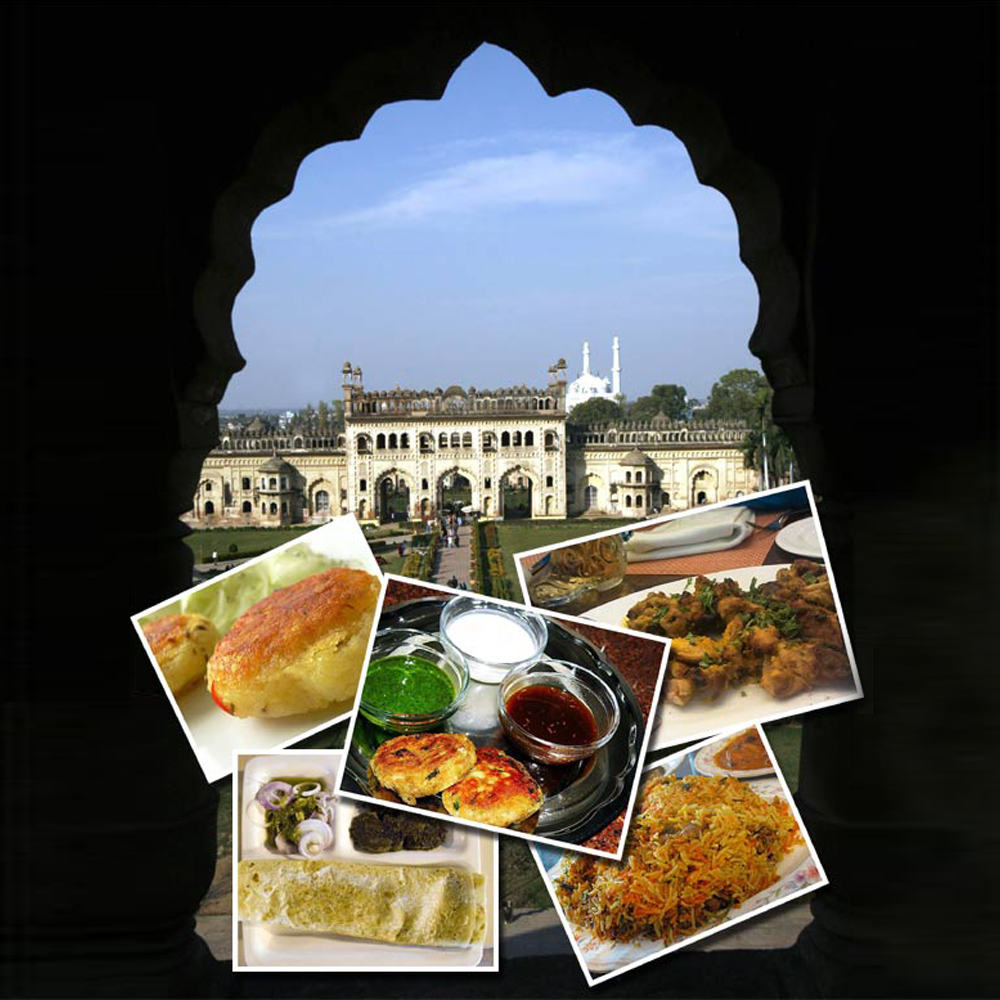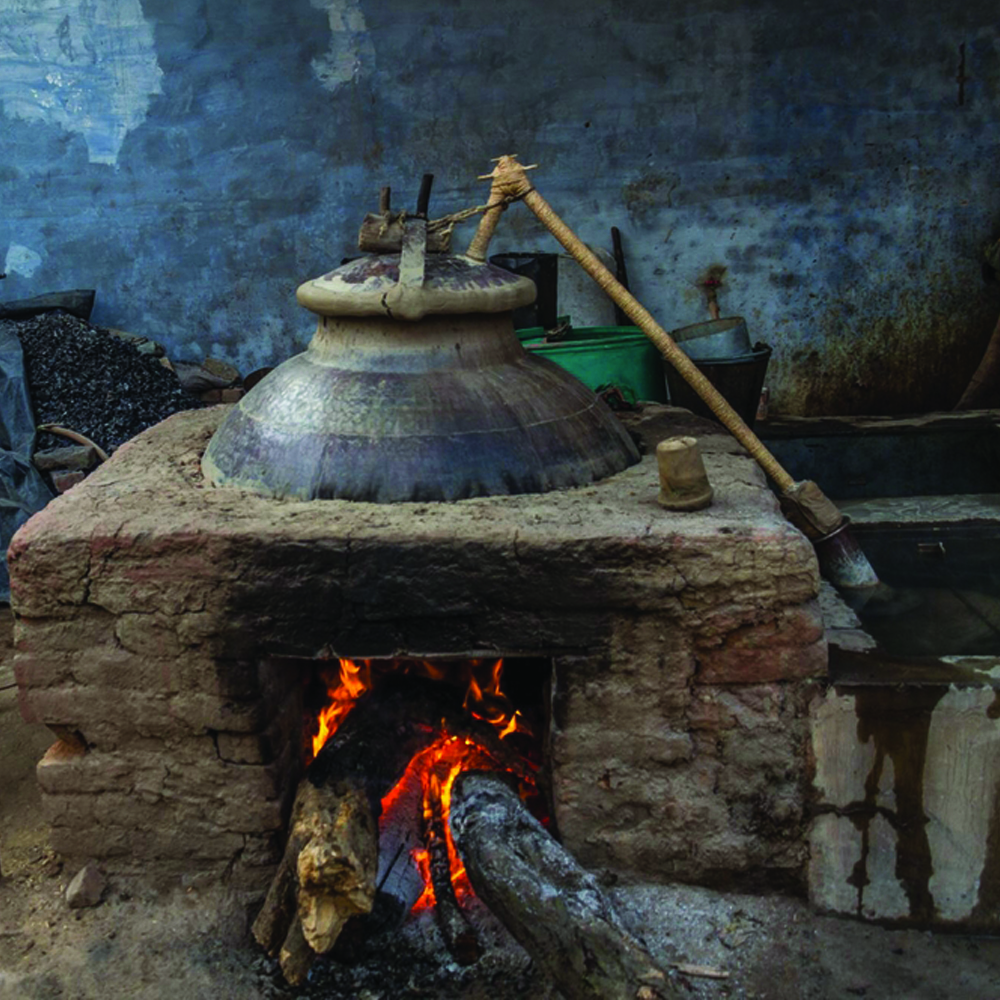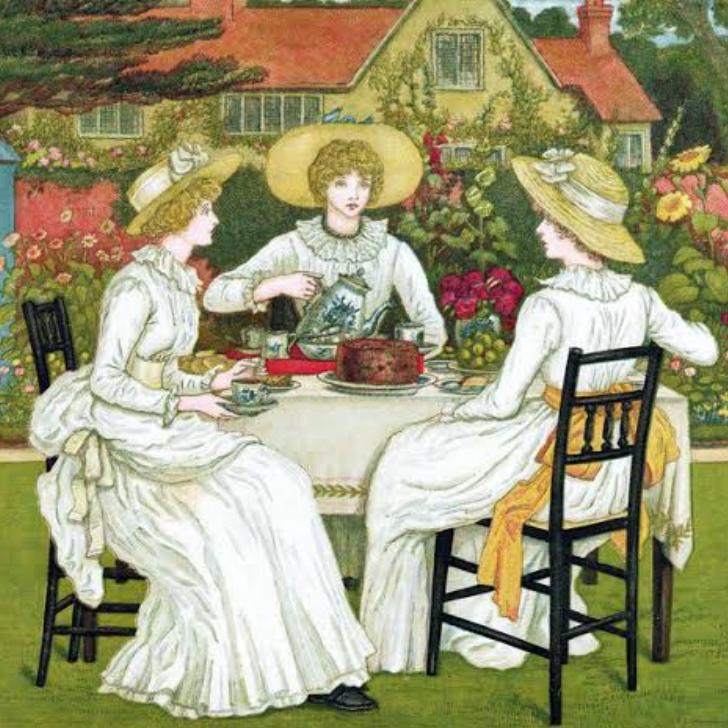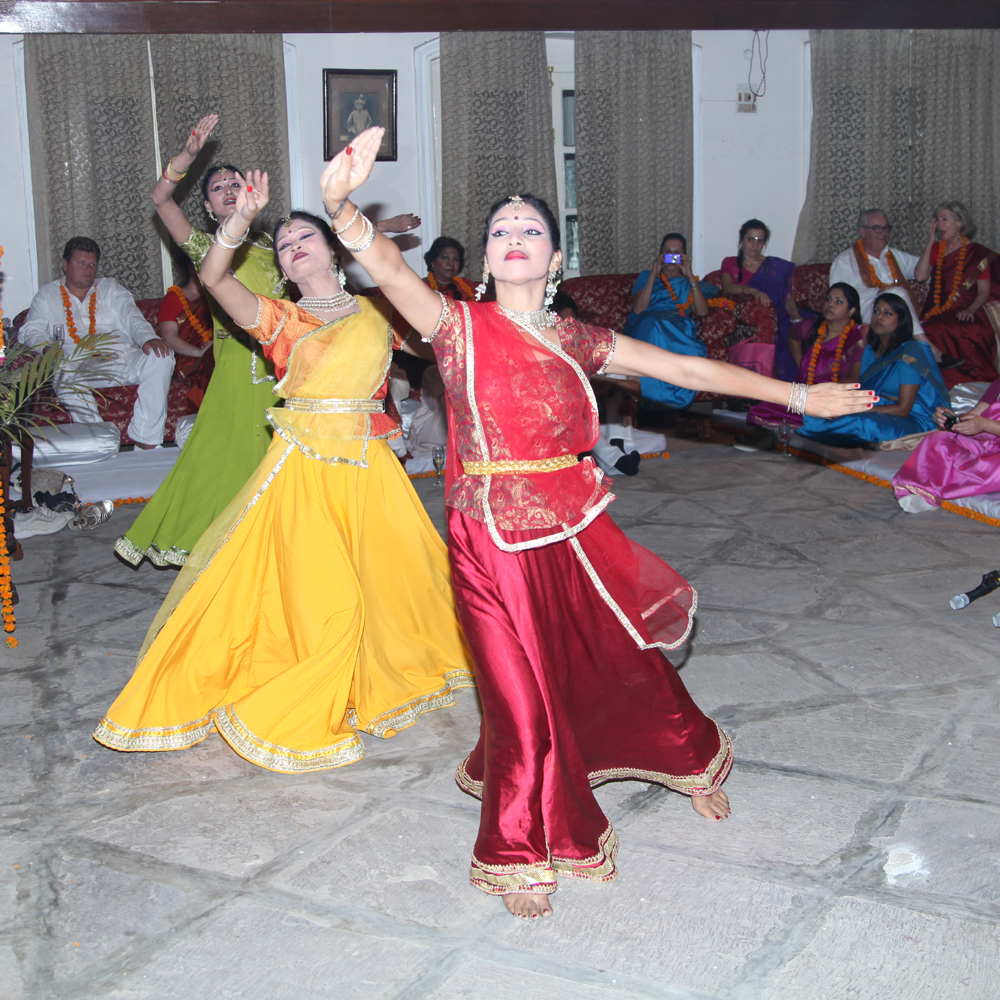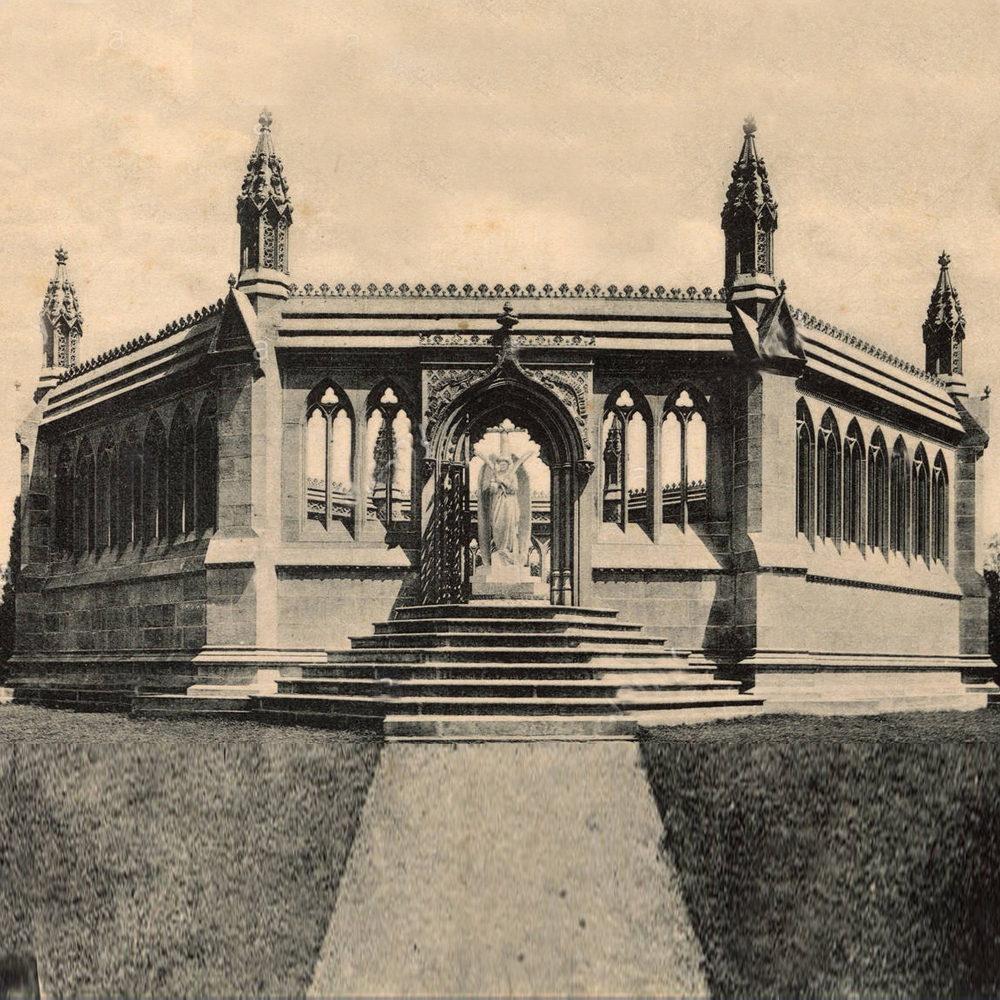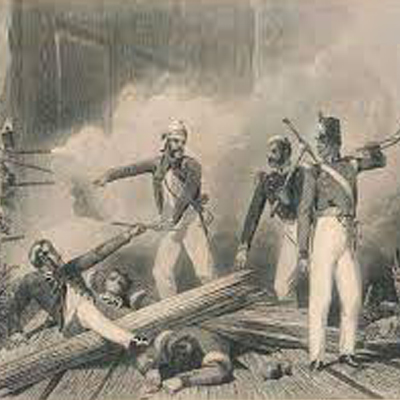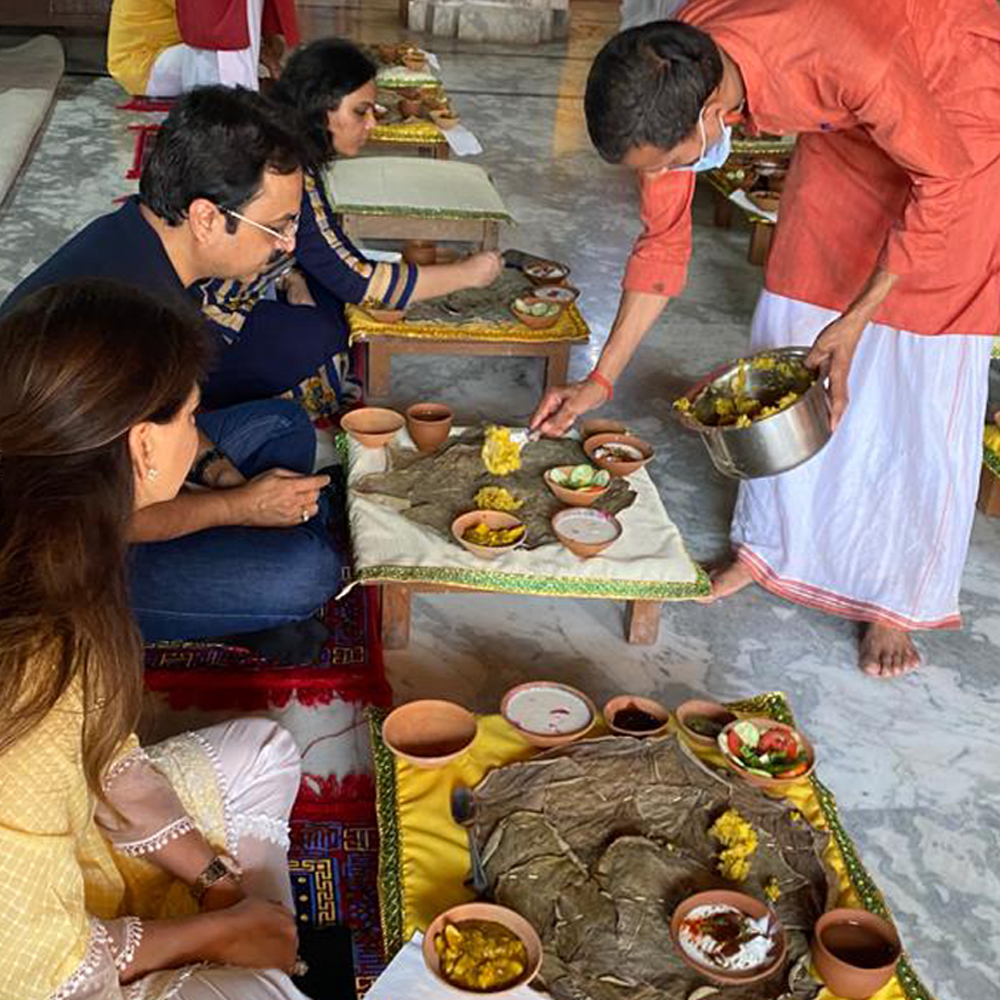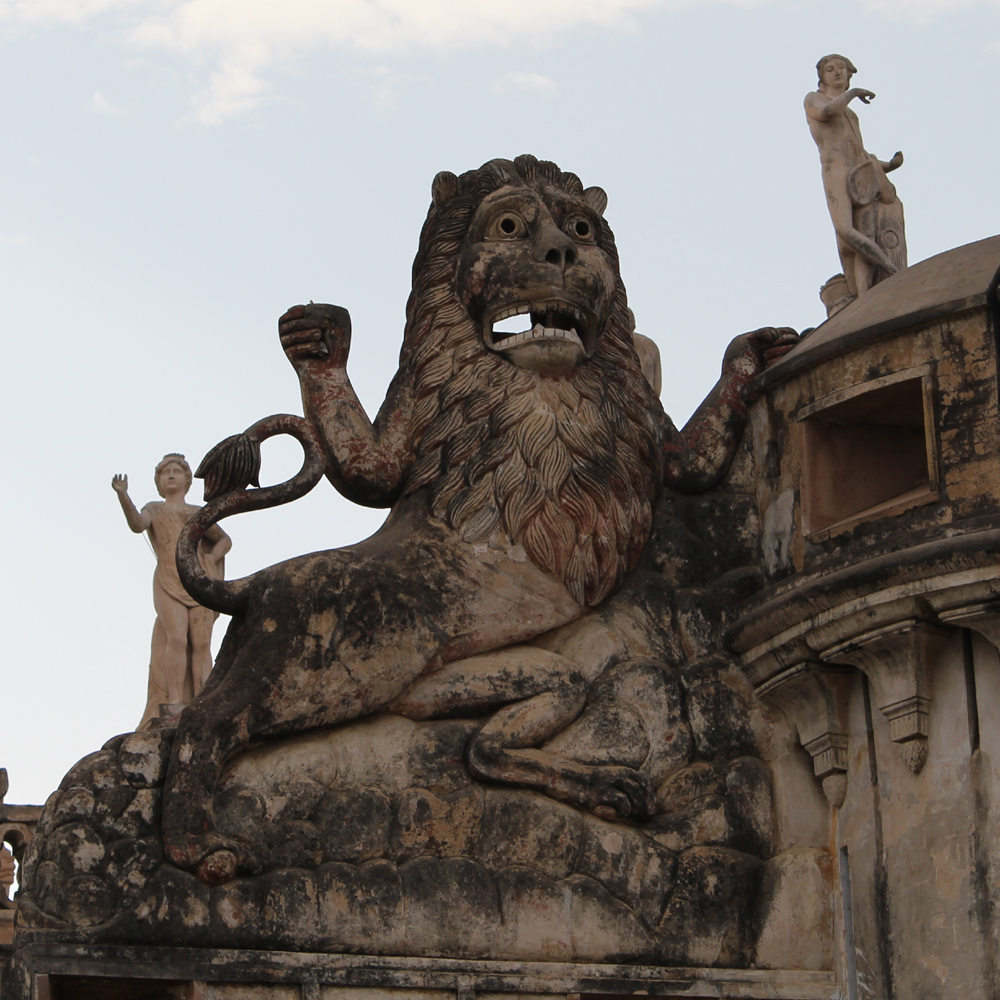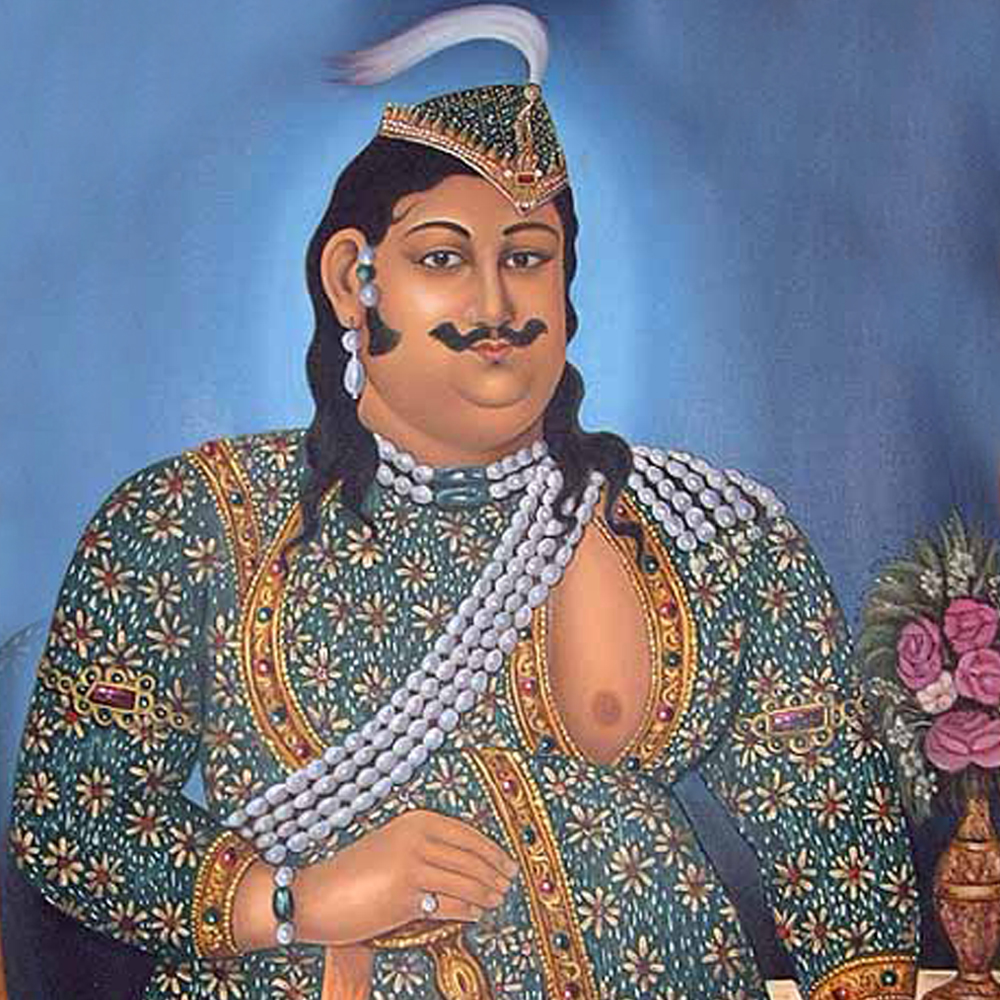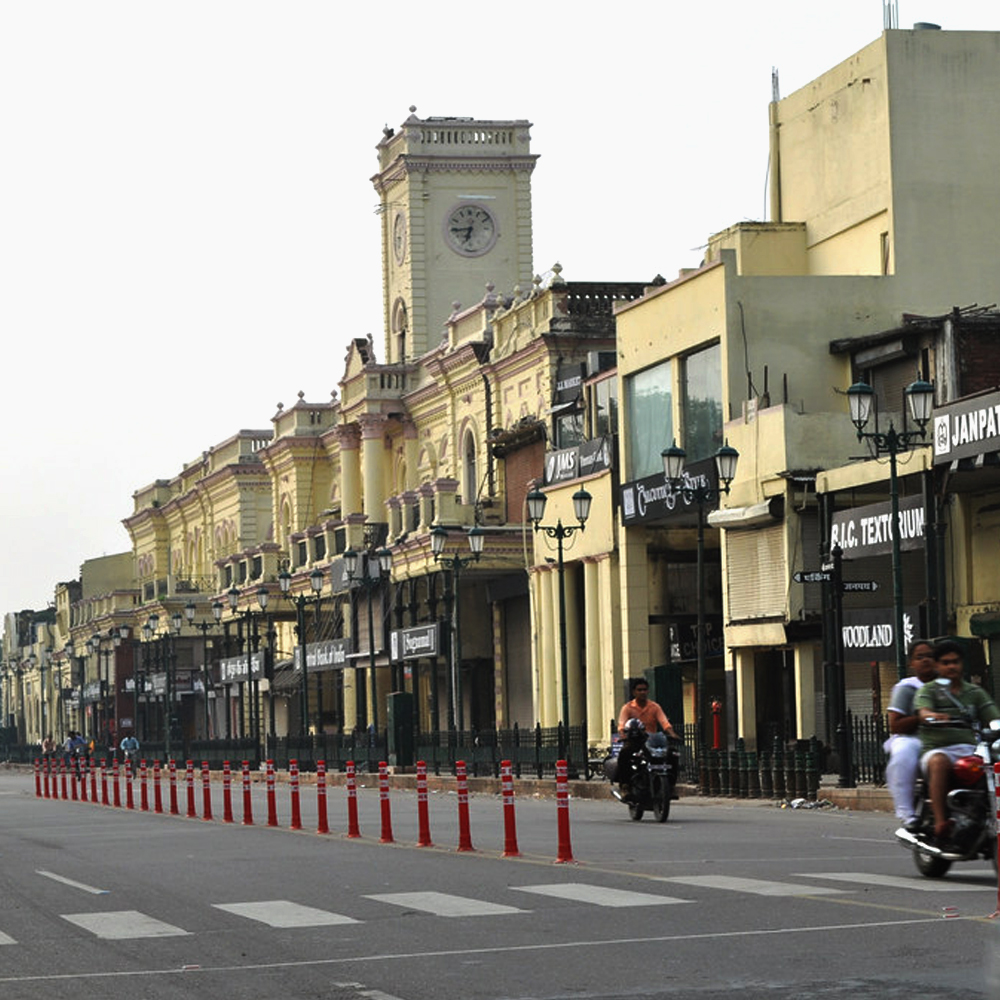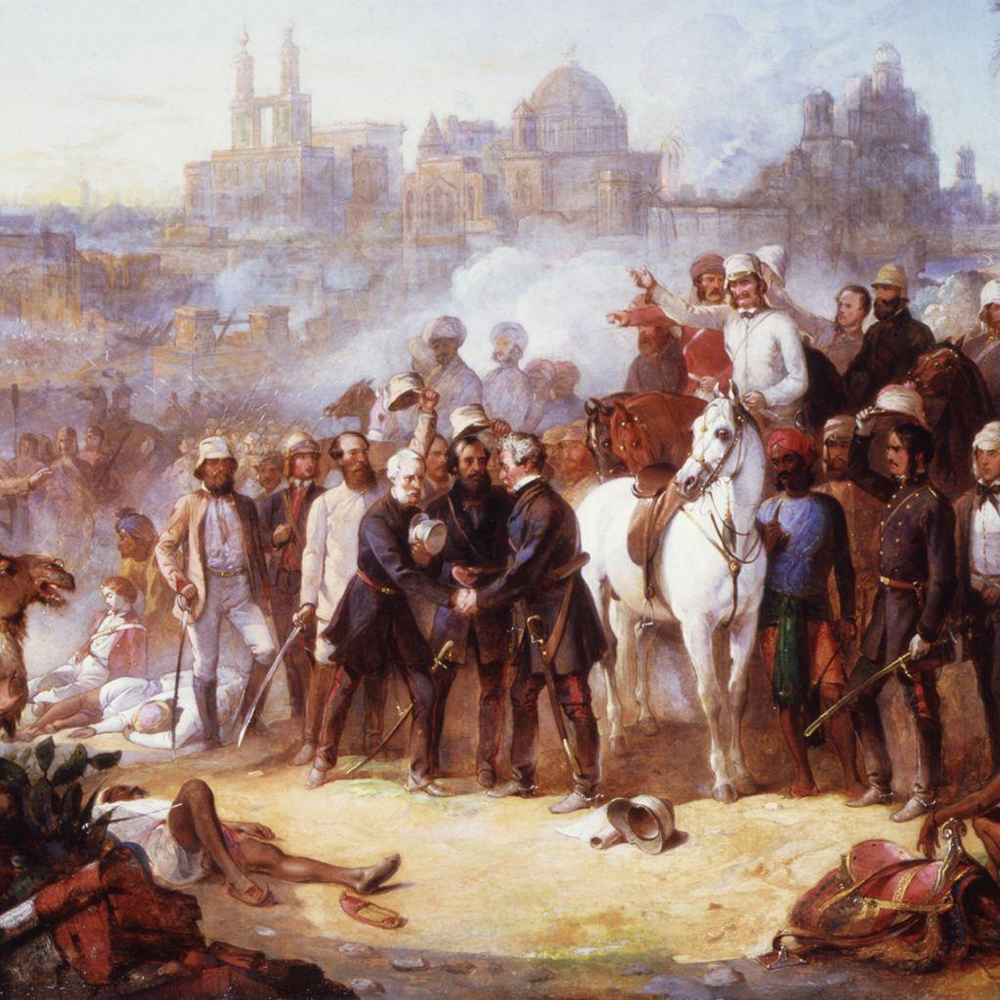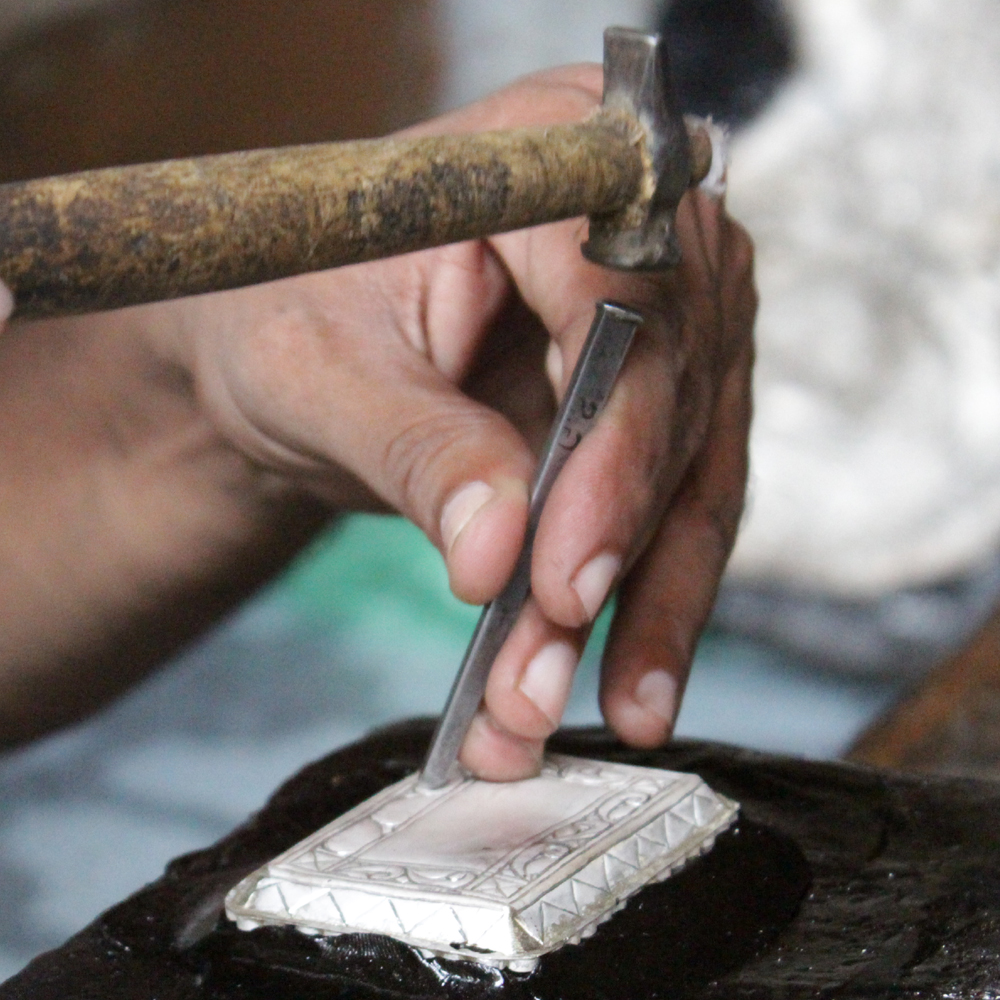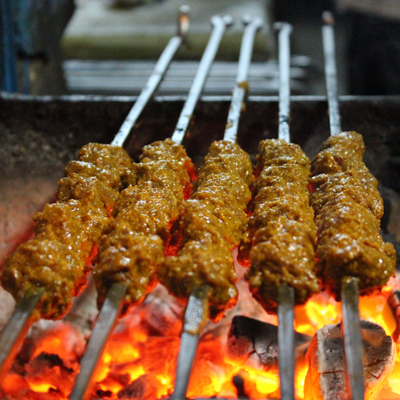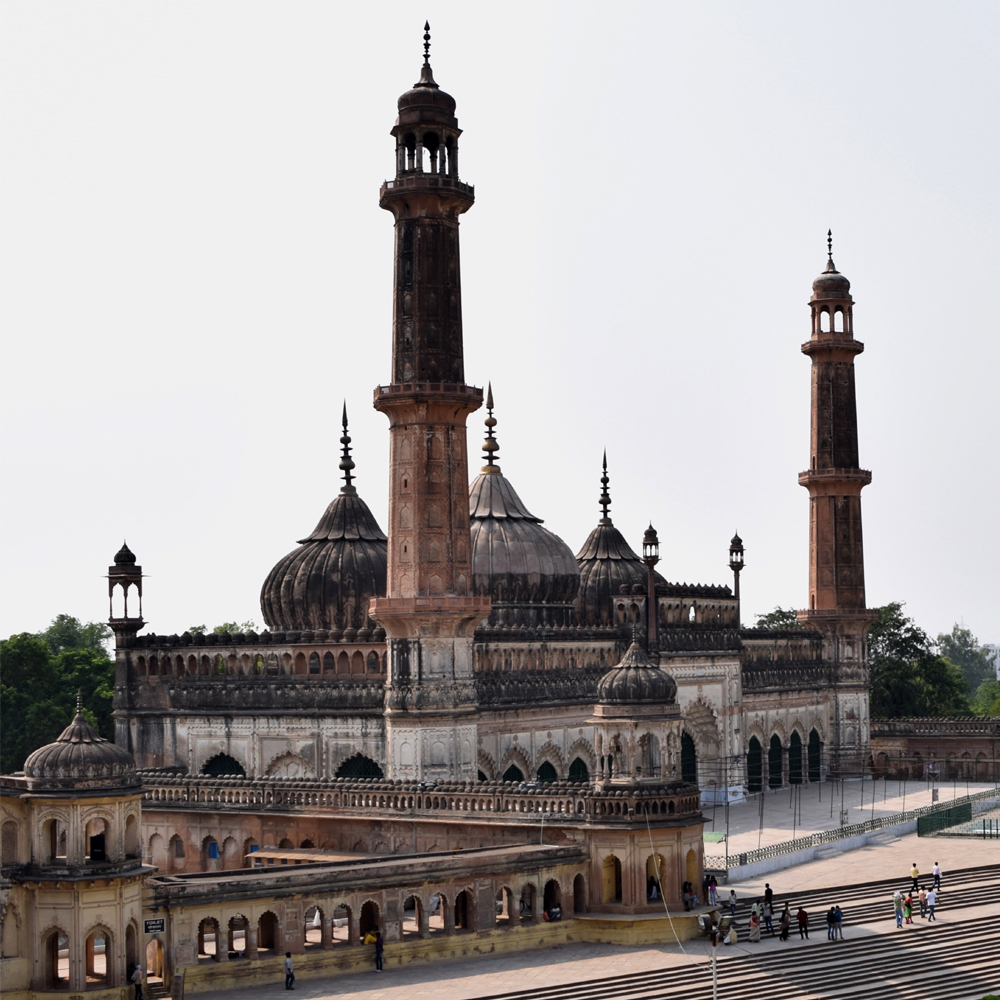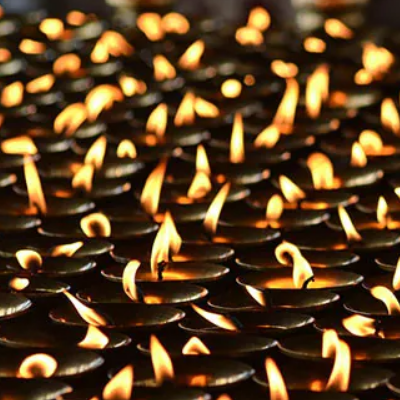Volume: 15, No: 04 ; April-2021
Lucknow is not only about fabulous monuments and sumptuous food but has an enviable culture in the form of language, customs and poetry. Many poets from other places made Lucknow their home and found great patronage in the Nawabs of Awadh.
One such poet was Khwaja Haider Ali known by his pen name, ‘Aatish’ meaning fireworks, whose father Khwaja Ali Baksh migrated from Delhi and settled in Faizabad, then capital of Awadh during the reign of Nawab Shuja-ud-Daula. Khwaja Haider Ali ‘Aatish’ was born in Faizabad in 1778. Aatish took up the profession of a soldier who was an acclaimed Swordsmanship but also took to composing lyrical poetries known as ‘Ghazals’. He served under Nawab Mirza Muhammad Taqi who himself was a poet and thus highly regarded Aatish’s talent. Taqi also had a very renowned poet Imam Baksh Nasikh with him who helped Aatish in further refining his poetries.

During the reign of Nawab Ghazi-ud-Din Haider, Mirza Muhammad Taqi shifted to Lucknow and with him came Aatish too. In Lucknow Aatish met another celebrated poet Mushafi and was then respected as a poet of high status, earning a name for himself. After the death of Nawab Taqui, Aatish’s mentor came under the then Prime Minister Muatamad-ud-Daulah, though Aatish chose not to be with his mentor and thereafter became an independent poet. Aatish in fact had many followers who themselves were renowned poets and literati of Awadh, including the last king of Awadh, Wajid Ali Shah and three famous poets, Pandit Daya Shanker Naseem (The composer of the Valmiki’s Ramayan in Urdu), Mirza Shauq (the composer of a romantic tale named ‘Zehr-e-Ishq’) and Agha Hajo Sharaf who composed Afsana-e-Lakhnau (a lyrical narrative of the incidents at Lucknow during 1857-58).
Aatish lived a very humble life but with pride and on his terms. In acute penury too he refused to visit the king Mohammad Ali Shah at his palace to seek monetary help. He lived in a thatched roof house more or less like a hut and slept on a jute mat on the floor. Though he did receive a small salary from the royal court but most of it he distributed as alms among the poor and the needy. In later years Aatish lost his eyesight and then died at the age of 71 in 1847 at his house which was located in Sarai Mali Khan area of Lucknow.
Aatish wrote religious recitations and was a devout Muslim but still was quite secular in his poetry ….
Na to Hindu hee mein thaihra na musalman nikla
Mujh se rakhte hein baja kaafir-o-deendaar lihaz
(I am neither a Hindu nor do I find myself being a Muslim; both, infidel and the faithful, interact with me and equally respect me)
Kufr-o-Islam ki kuch qaid nahin hai ‘Aatish’
Sheikh ho ya ki Brahmin ho, par insaan ho.
(It does not matter to which faith one belongs to, whether he is a faithful follower of Islam or of Hinduism, all this has no merit unless one is humane)
Aatish also believed in Sufism and here is what he writes on this subject….
Butkhaana khod daliye, masjid khodiye,
Dil ko na tordiye, ye khuda ka muqaam hai.
(Break, demolish places of worship, be it a temple or a mosque, but never break a person’s heart, for it is the abode of God)
Khwaja Haider Ali ‘Aatish’ Luckhnawi and Imam Bakhsh Nasikh were contemporaries whose rivalry was well known. Both had hundreds of followers. The Era of Aatish and Nasikh was a golden era of Urdu poetry in Lucknow. Below is a well known ghazal by Aatish…..
Ye aarzo thee tujhe gul ke ru-ba-ru kartay
hum aur bulbul-e-betaab guftugu kartay
(I wanted to juxtapose you with a rose; like a nightingale would then converse with you)
Payaambar na mayassar hua to Khub hua
zaban-e-ghair se kya shar-e-arzo kartay
(I could not find any messenger to convey my love to you but that was good; how could I express my love through someone else)
Meri tarah se mah-o-mehr bhi hai aawara
kisi habib ke yeh bhee justujo kartay
(The Sun and the Moon both are aimlessly wandering like me; are they too searching their love like me)
Hamesha meine gareban ko chaak chaak kiya
tamaam umr rafugar rahe rafu kartay
(My collar was torn every time and I thus remained a darner all my life)
Mere namaaz-e-janaza pardai gairon nay
Maray thay jinke liye who rahay vazoo kartay
(The last prayer on my death was recited by the unknown, while the one for whom I died was busy washing her hands in the holy pond before the prayers)
Na puchh aalam-e-bargashta-taalai ‘atish’
barasti aag jo baaran ki aarzo kartay
(Don’t ask me how unlucky I am ‘Aatish’; like a fire during rainy season desirous of rain)
Today, no one knows where Khwaja Haider Ali ‘Aatish’ lived or where his is buried, though researchers have traced the tomb at the site of an old mosque which existed at the a newly constructed road over a wide drain, sloping down behind the Kali Charan Degree College. But what remains are his poetries and writings which are being recited till date.
LUCKNOWLEDGE is an initiative by Tornos. We do not intend to intrude your privacy and thus have an automated UNSUBSCRIBE system. At any point you may unsubscribe to our e-column or subscribe to it again through a link on our website. The above article is shared and in no way intends to violate any copy right or intellectual rights that always remains with the writer/publisher. This e-column is a platform to share an article/event/update with the netizens and educate them about Destination Lucknow.






